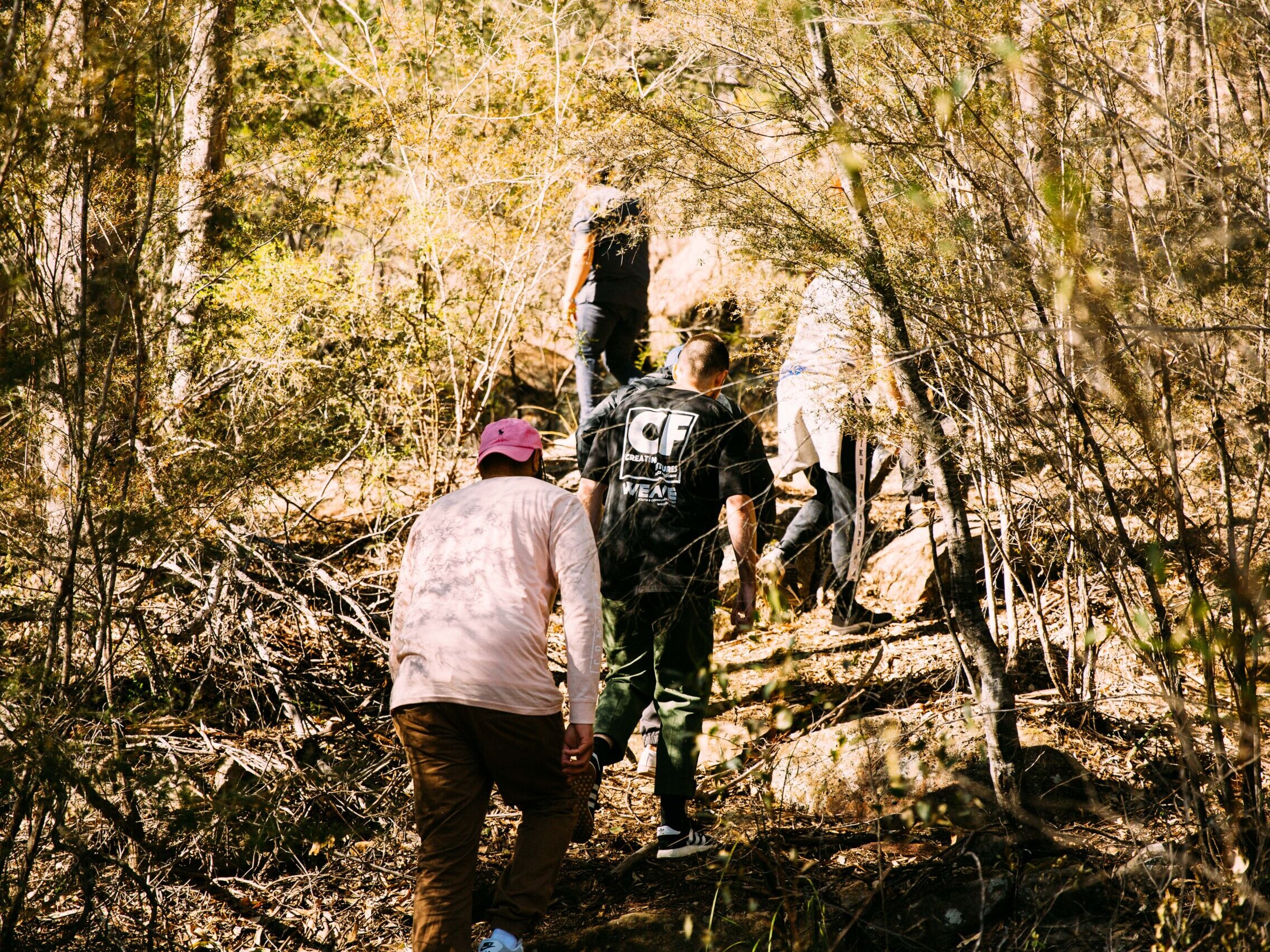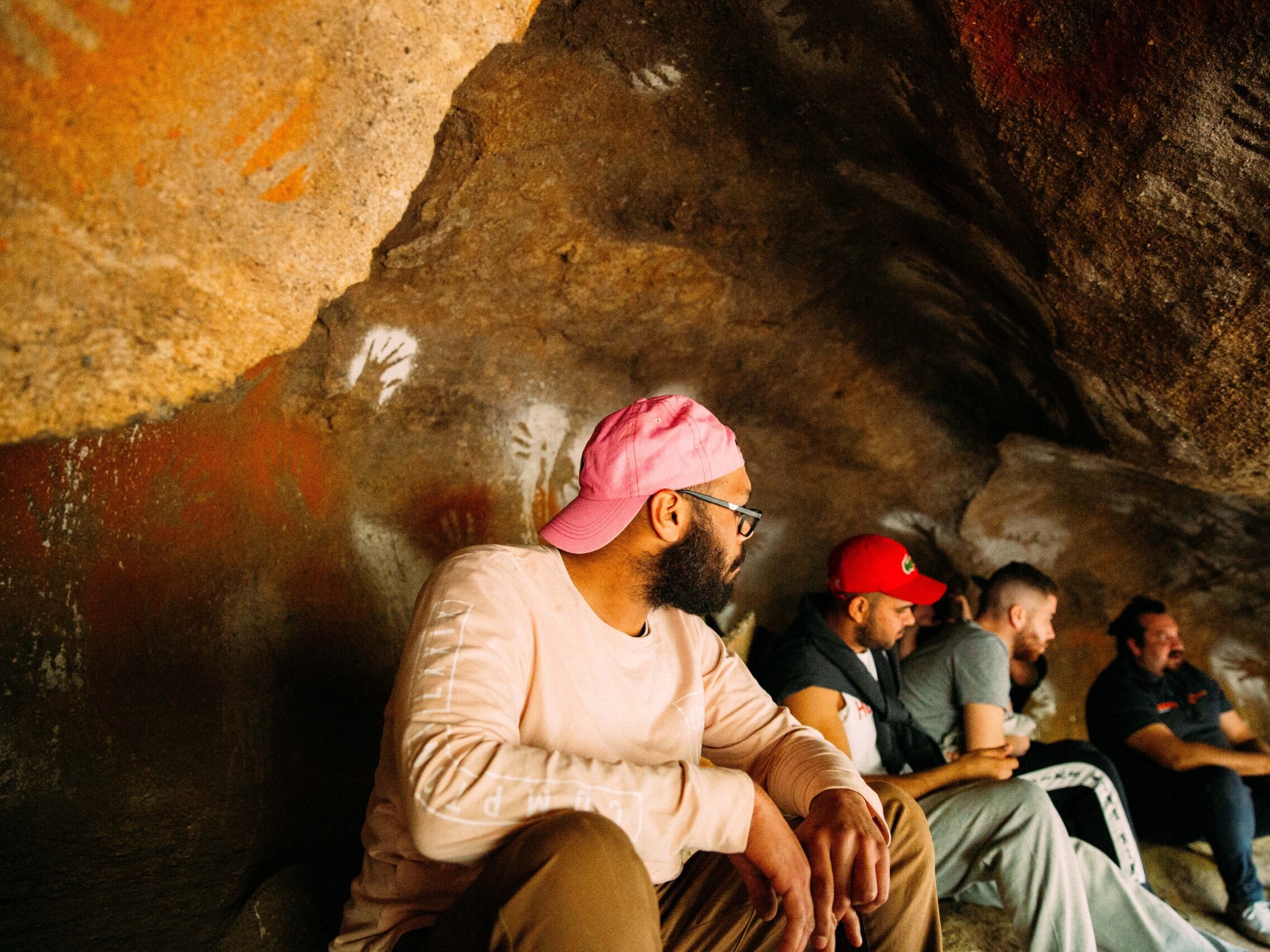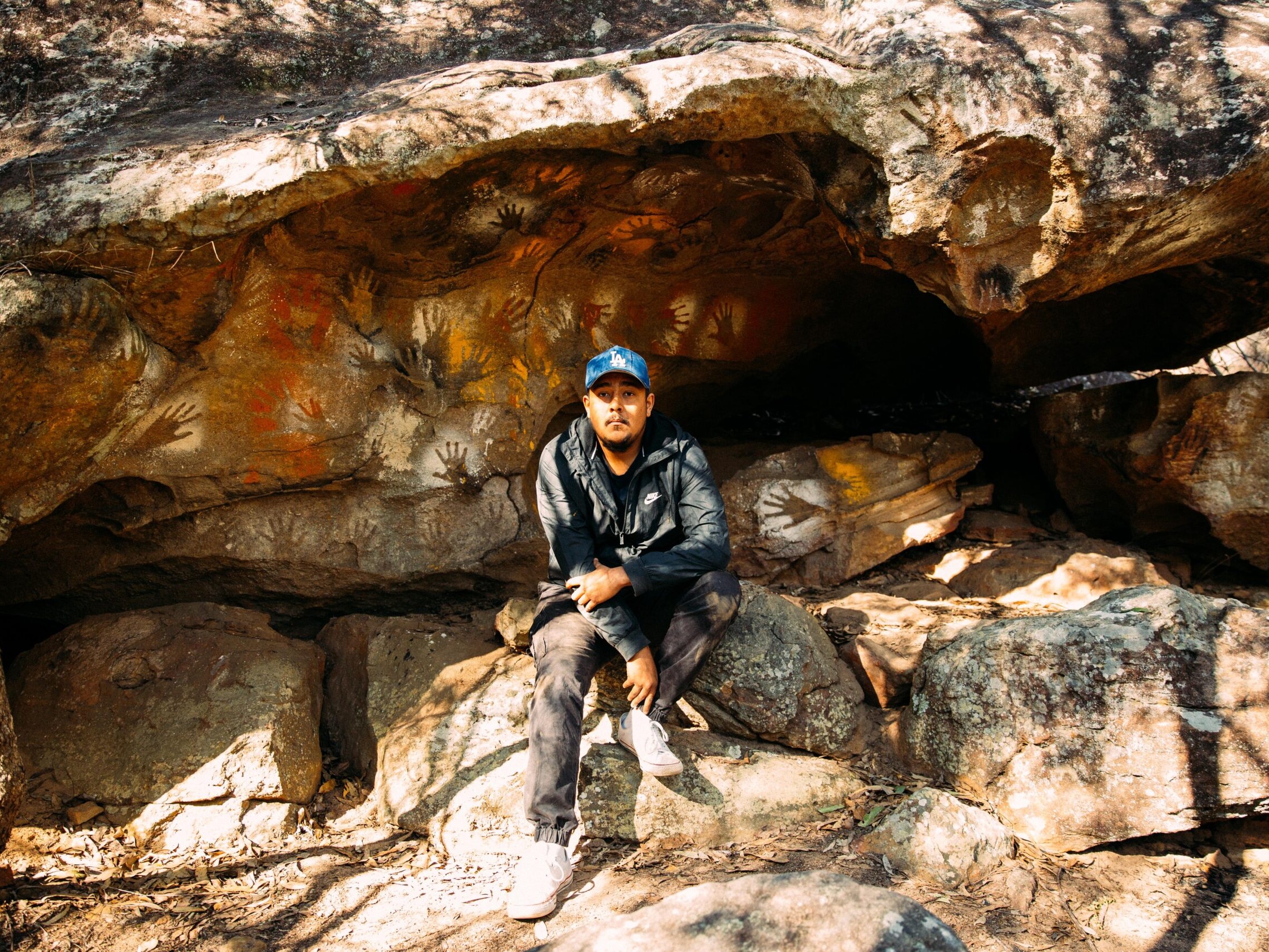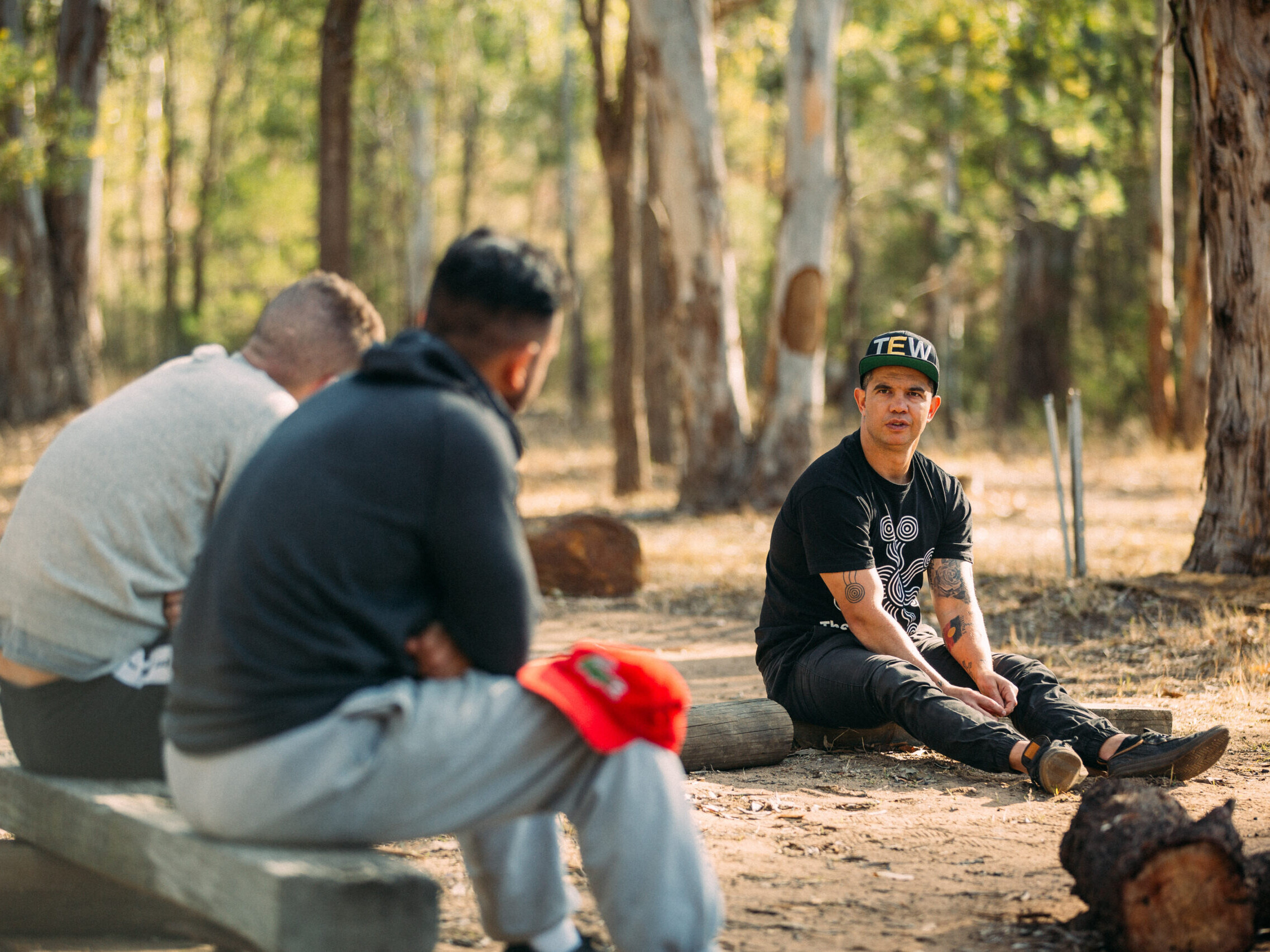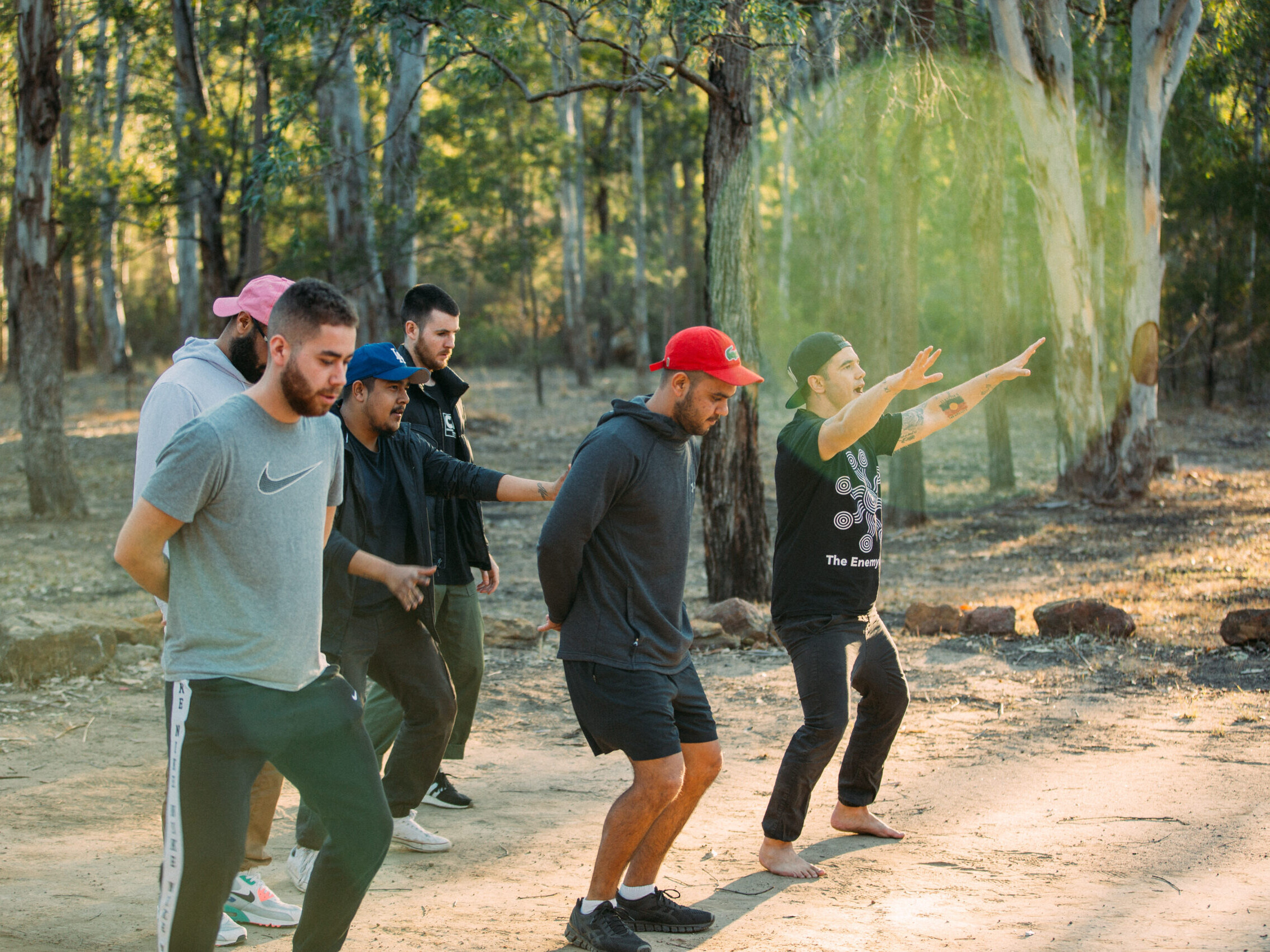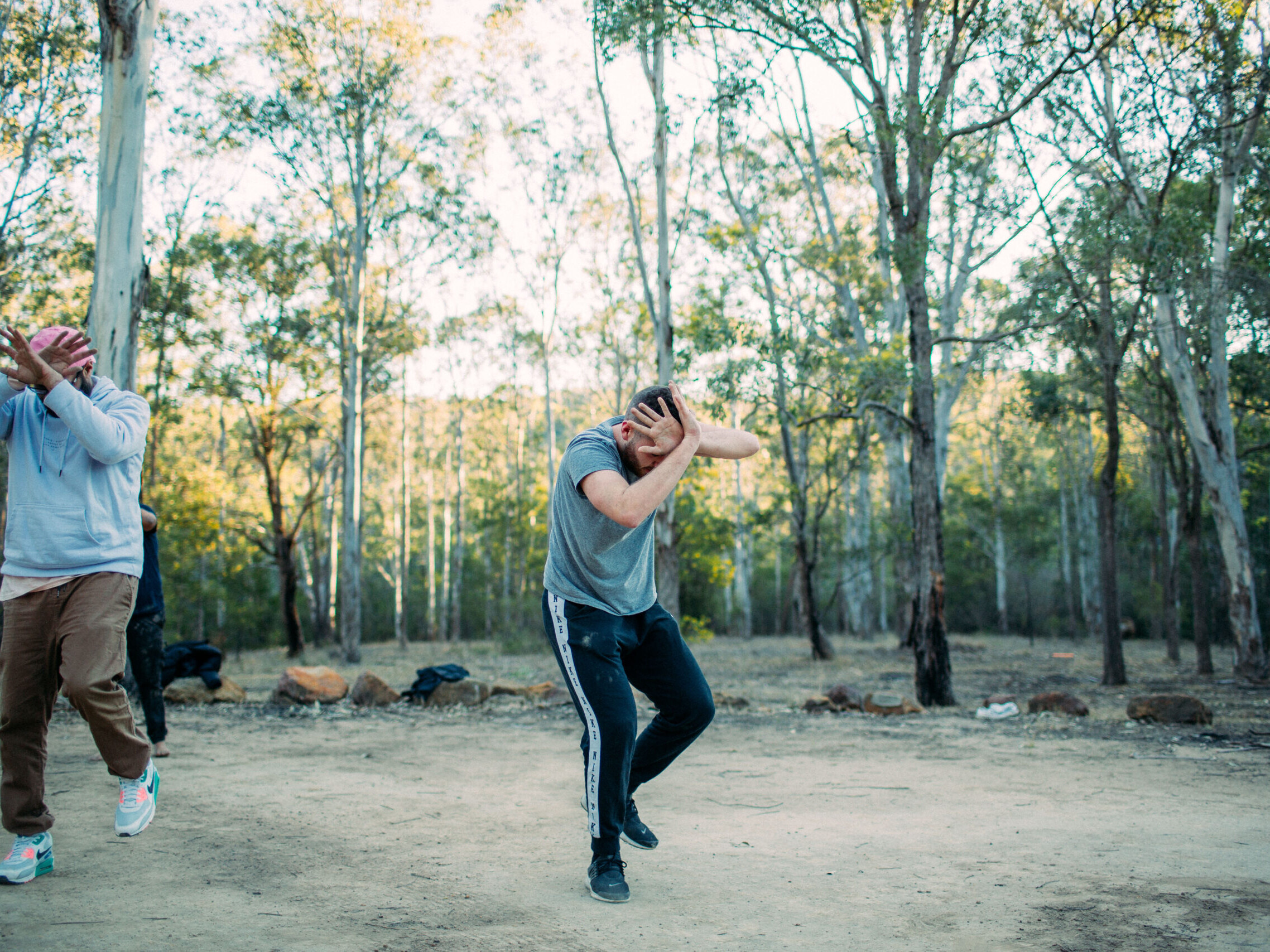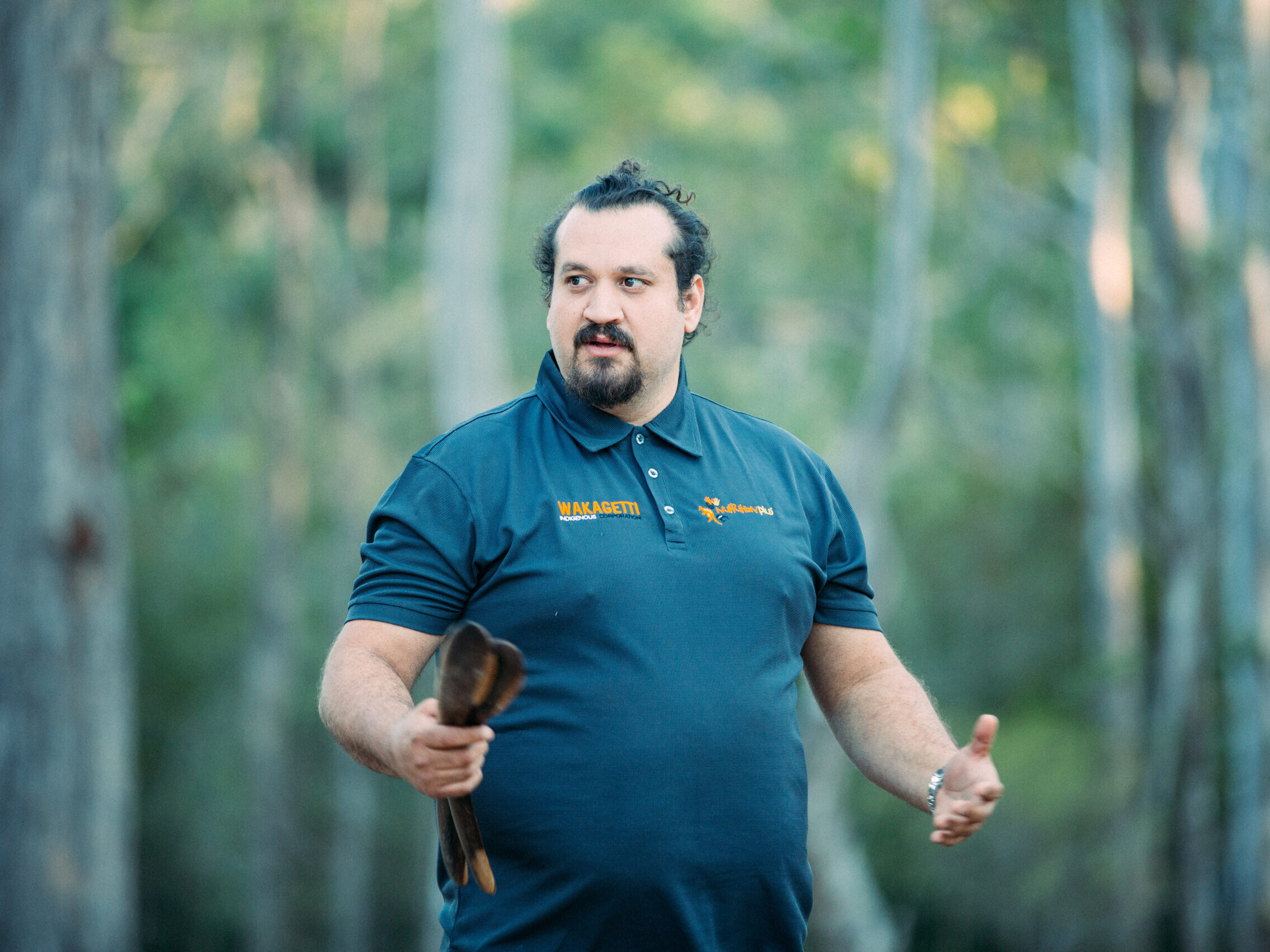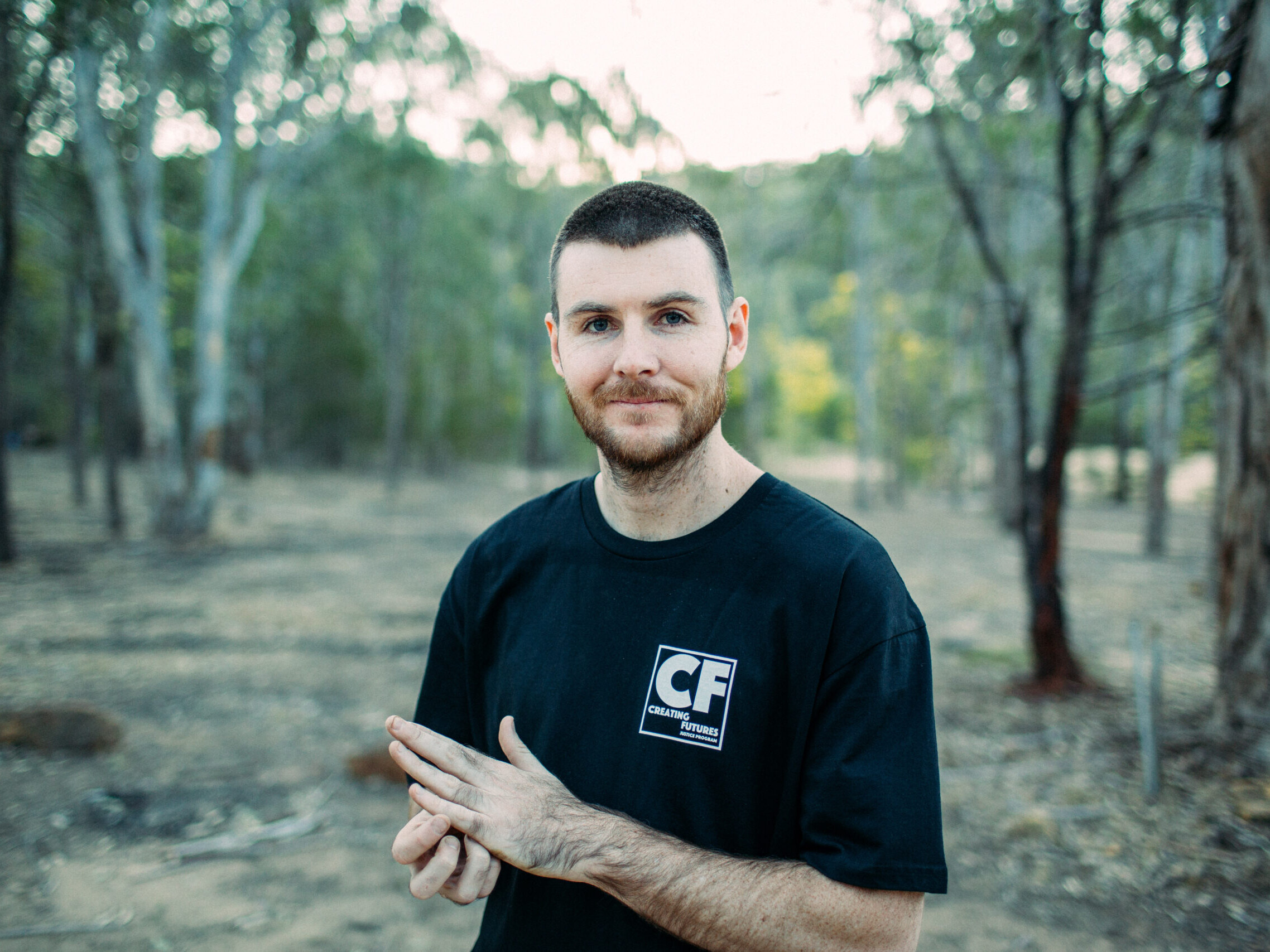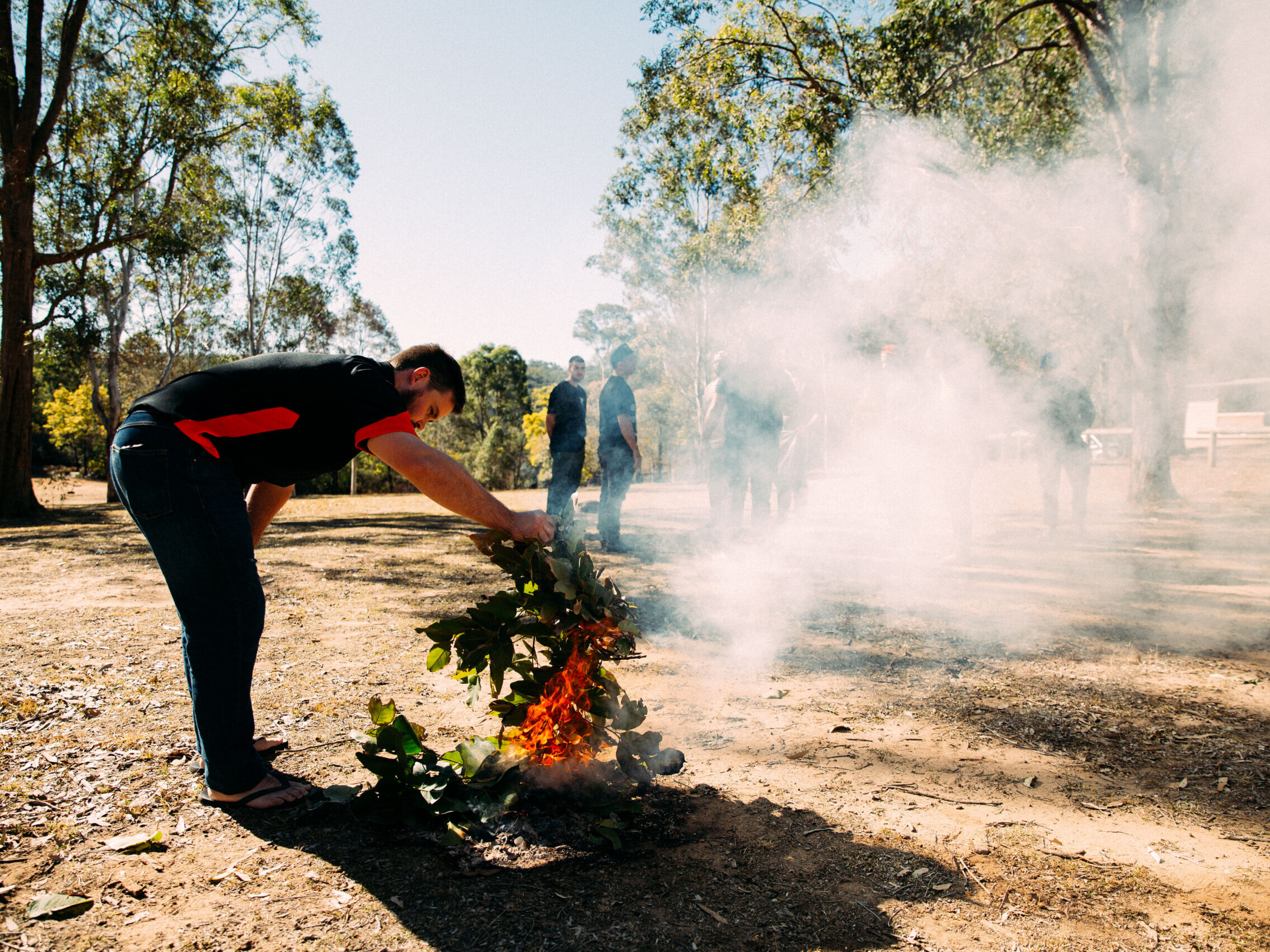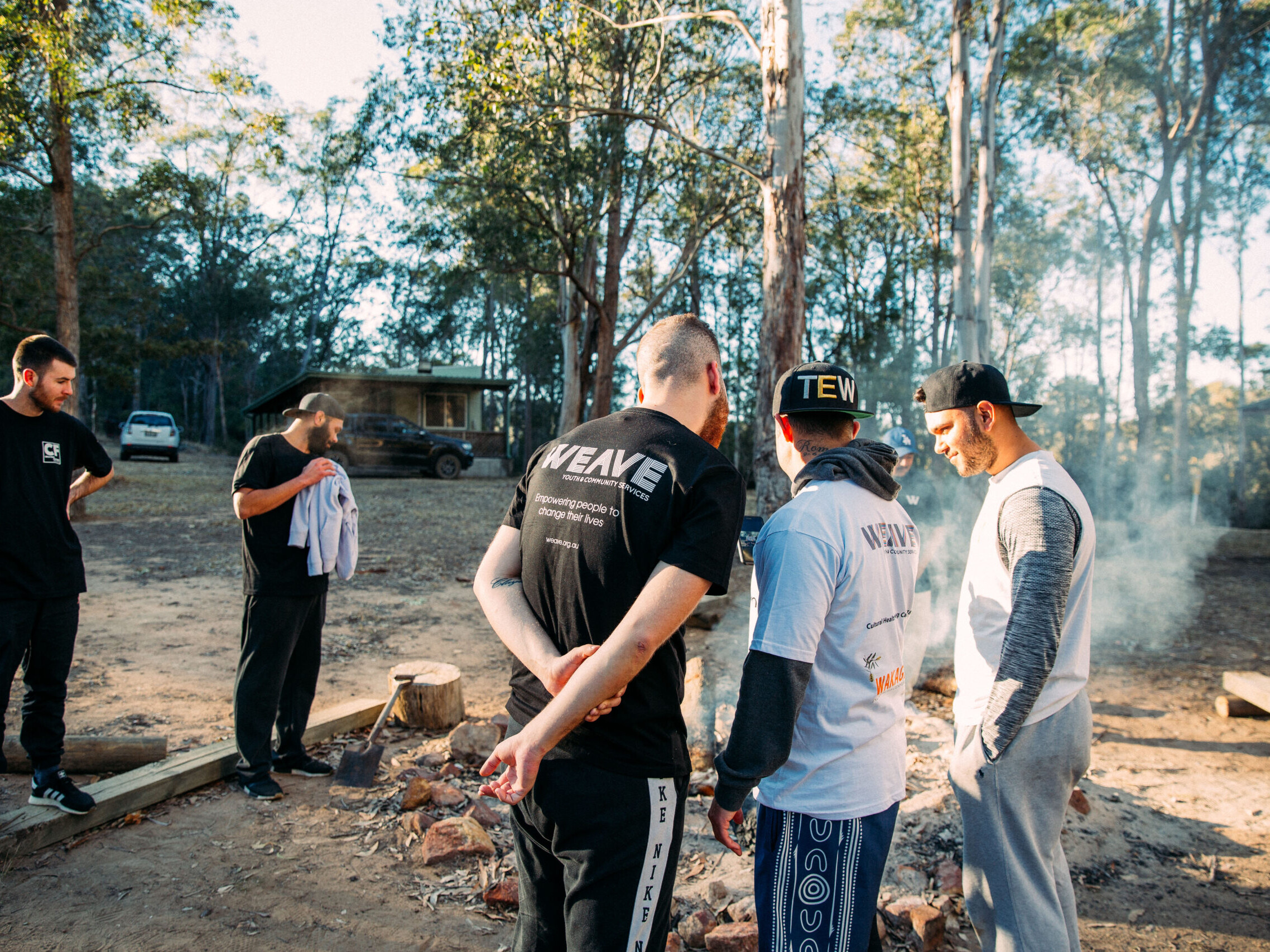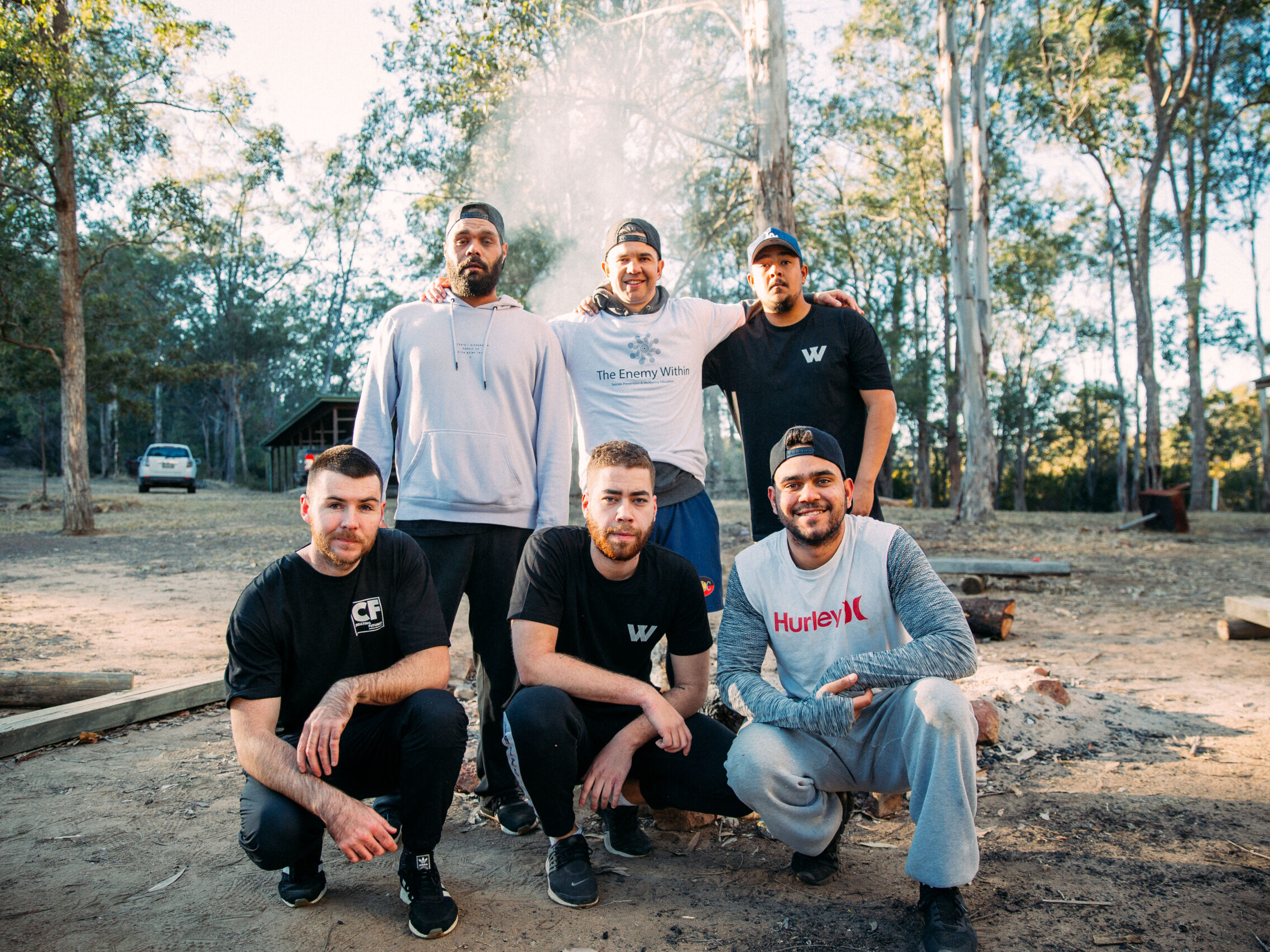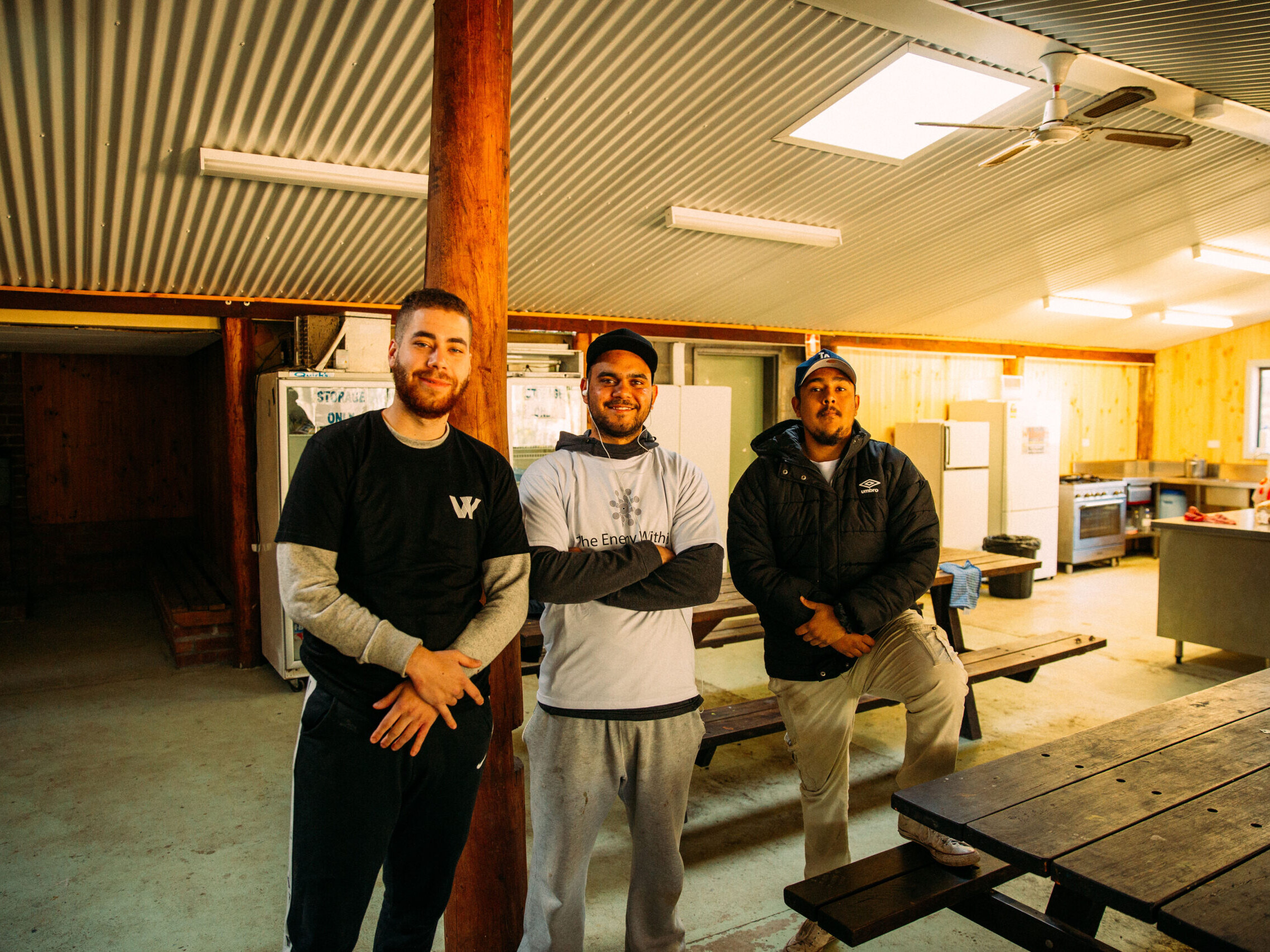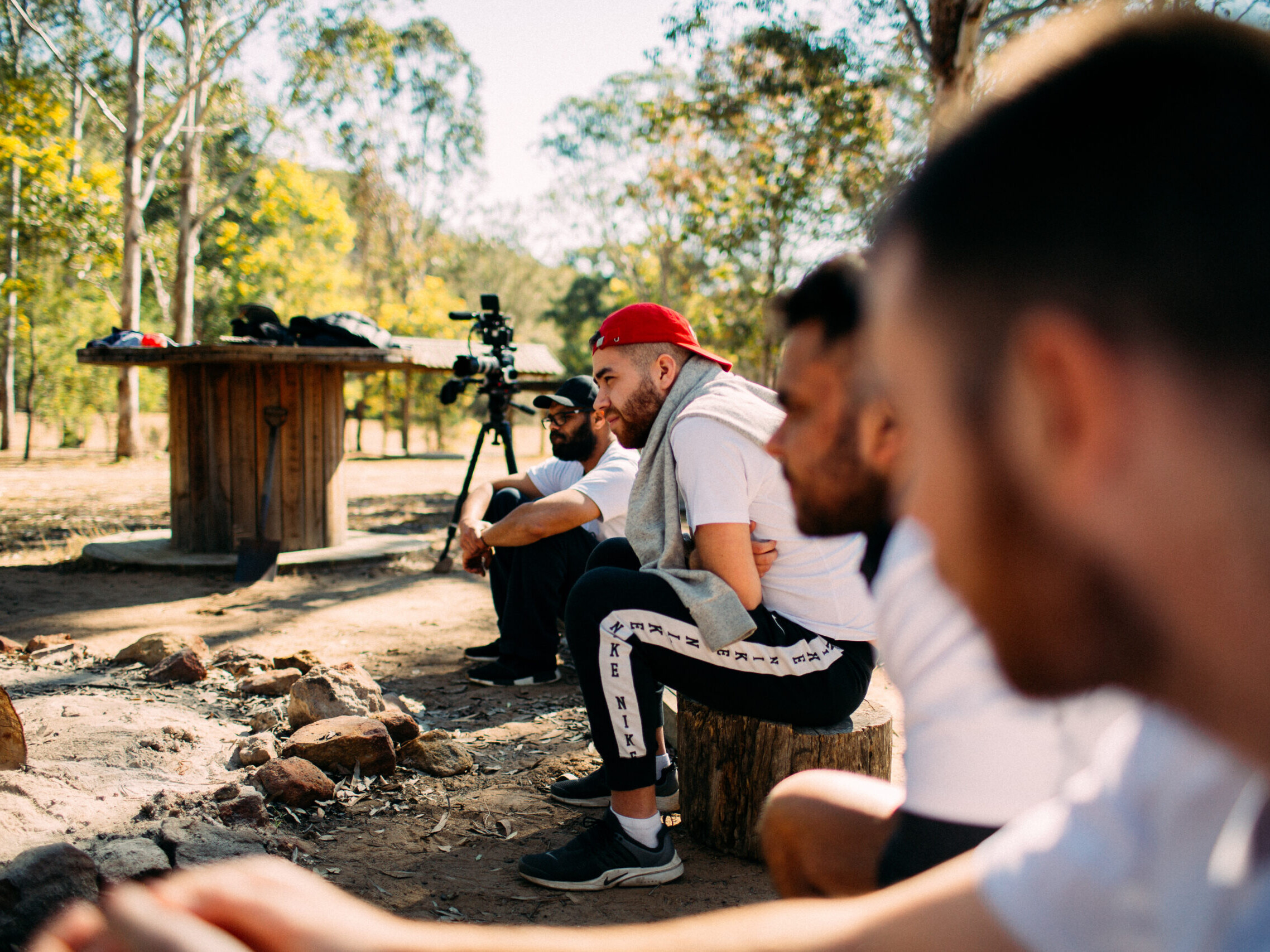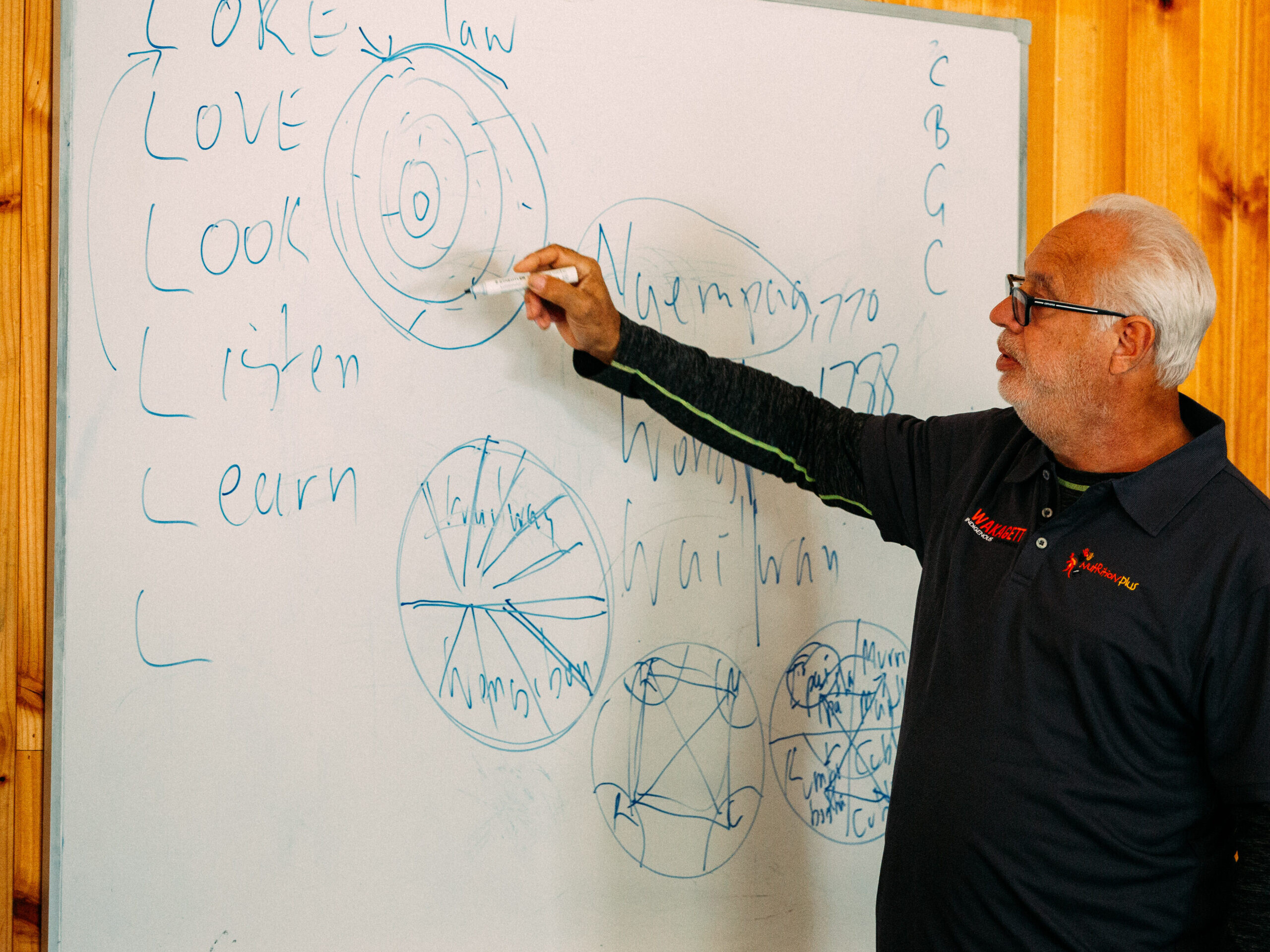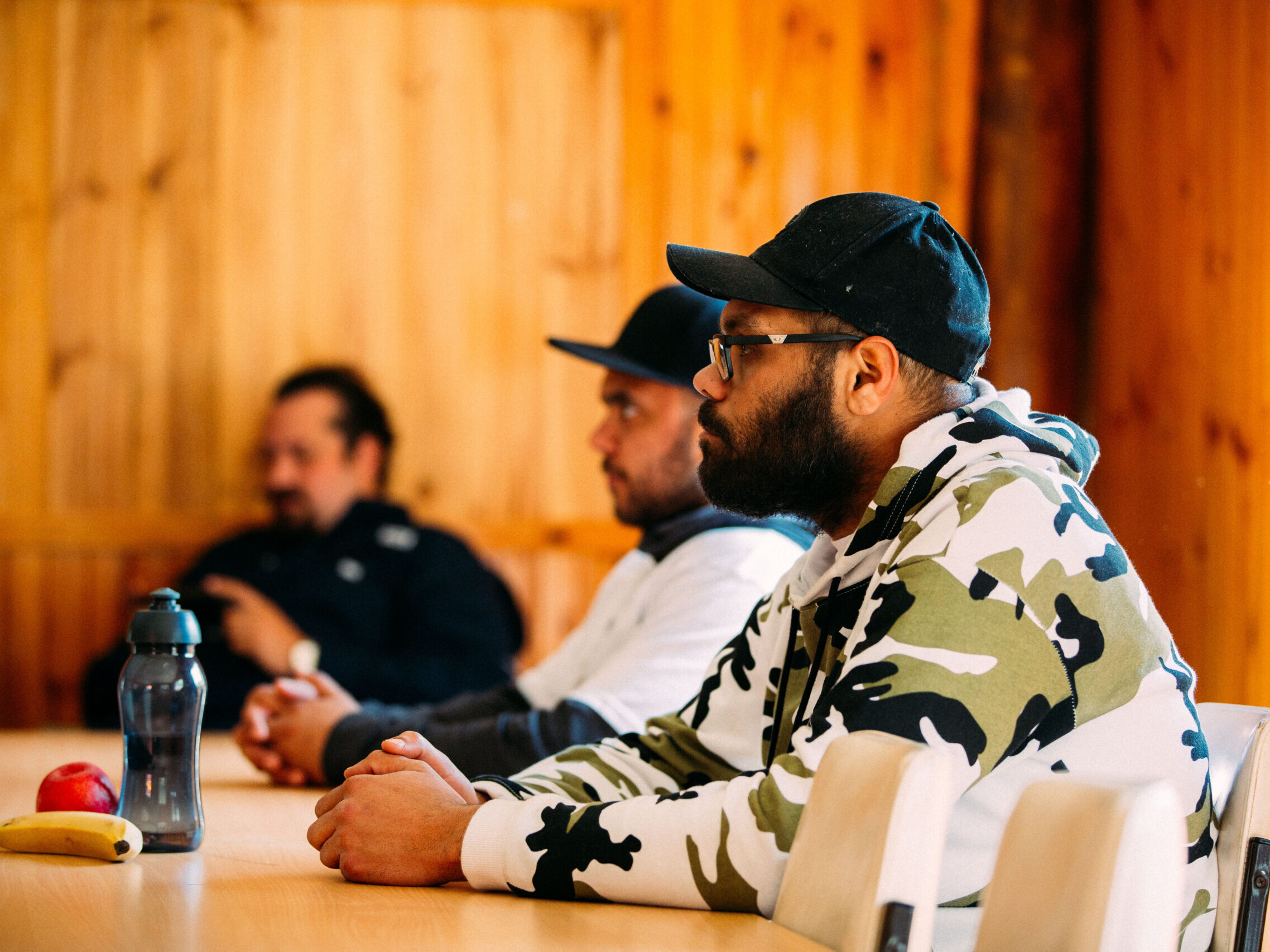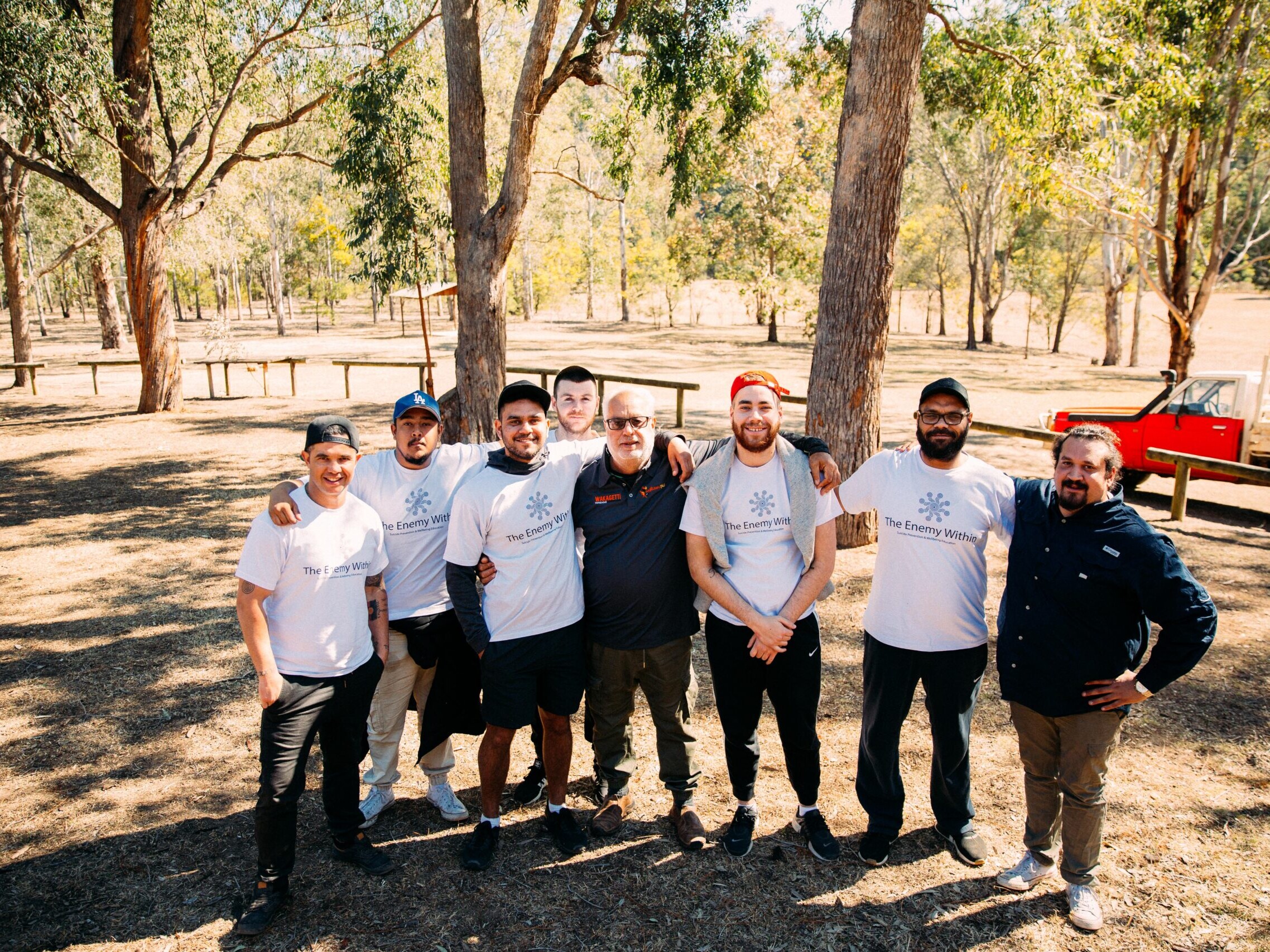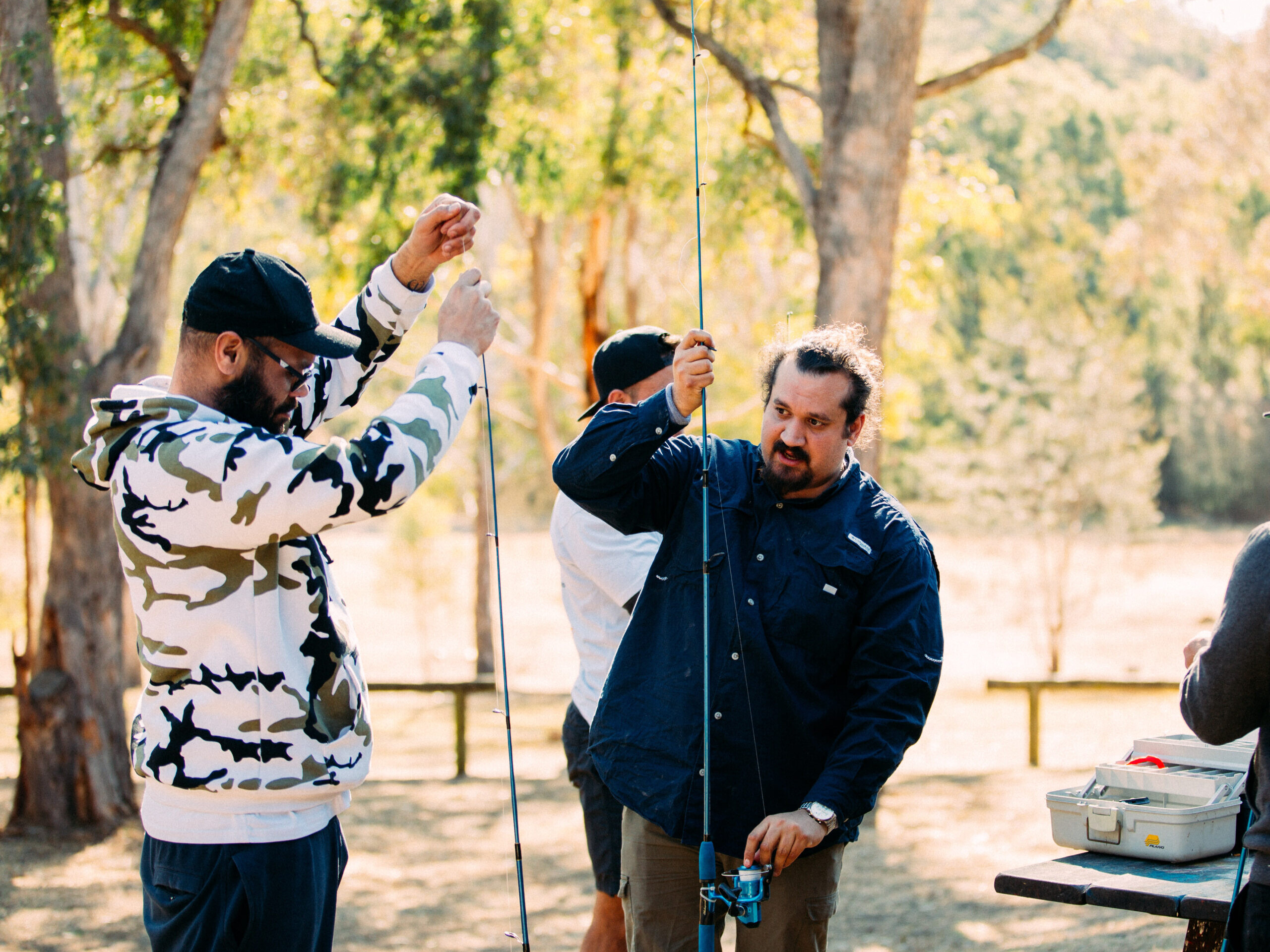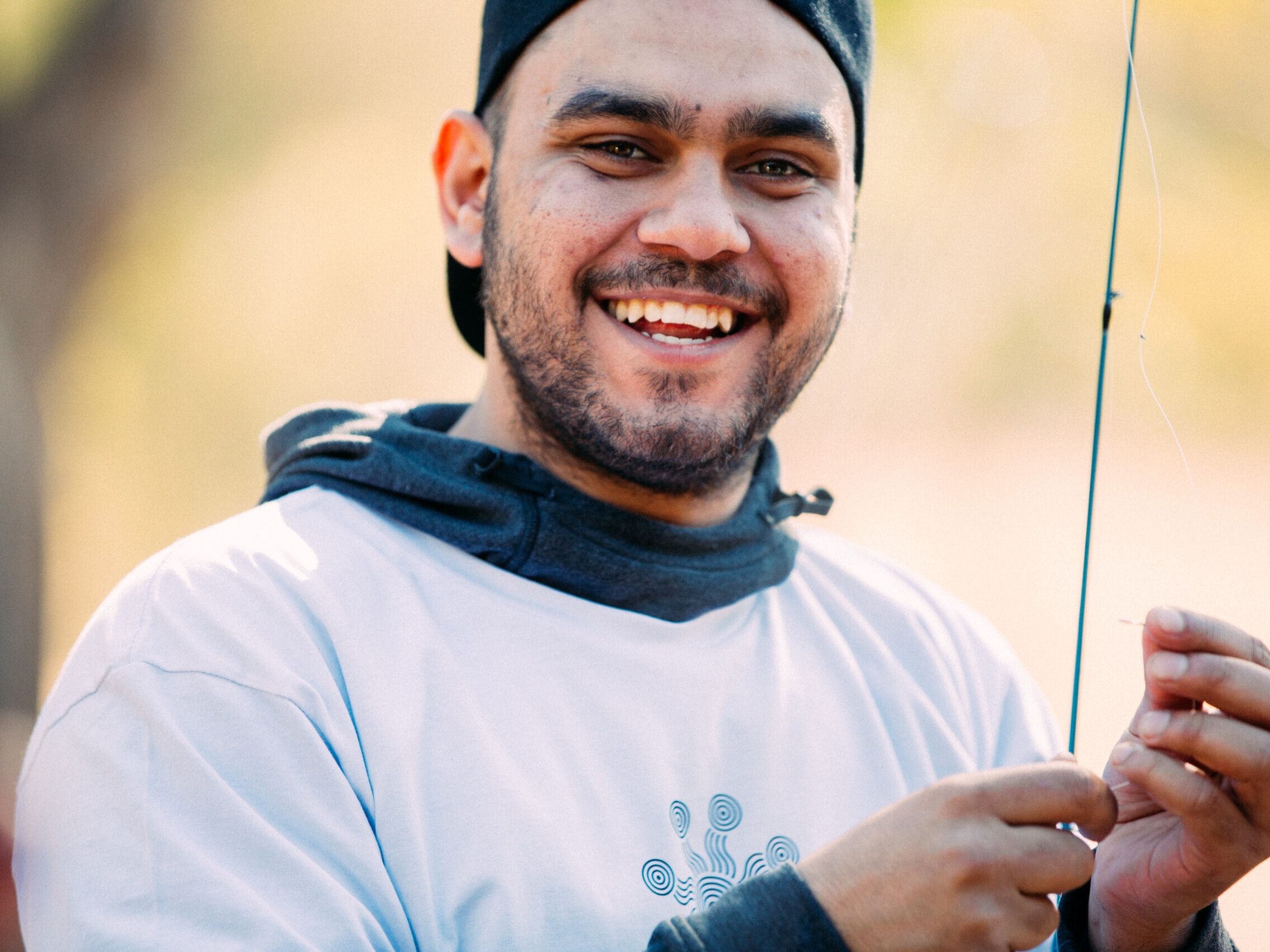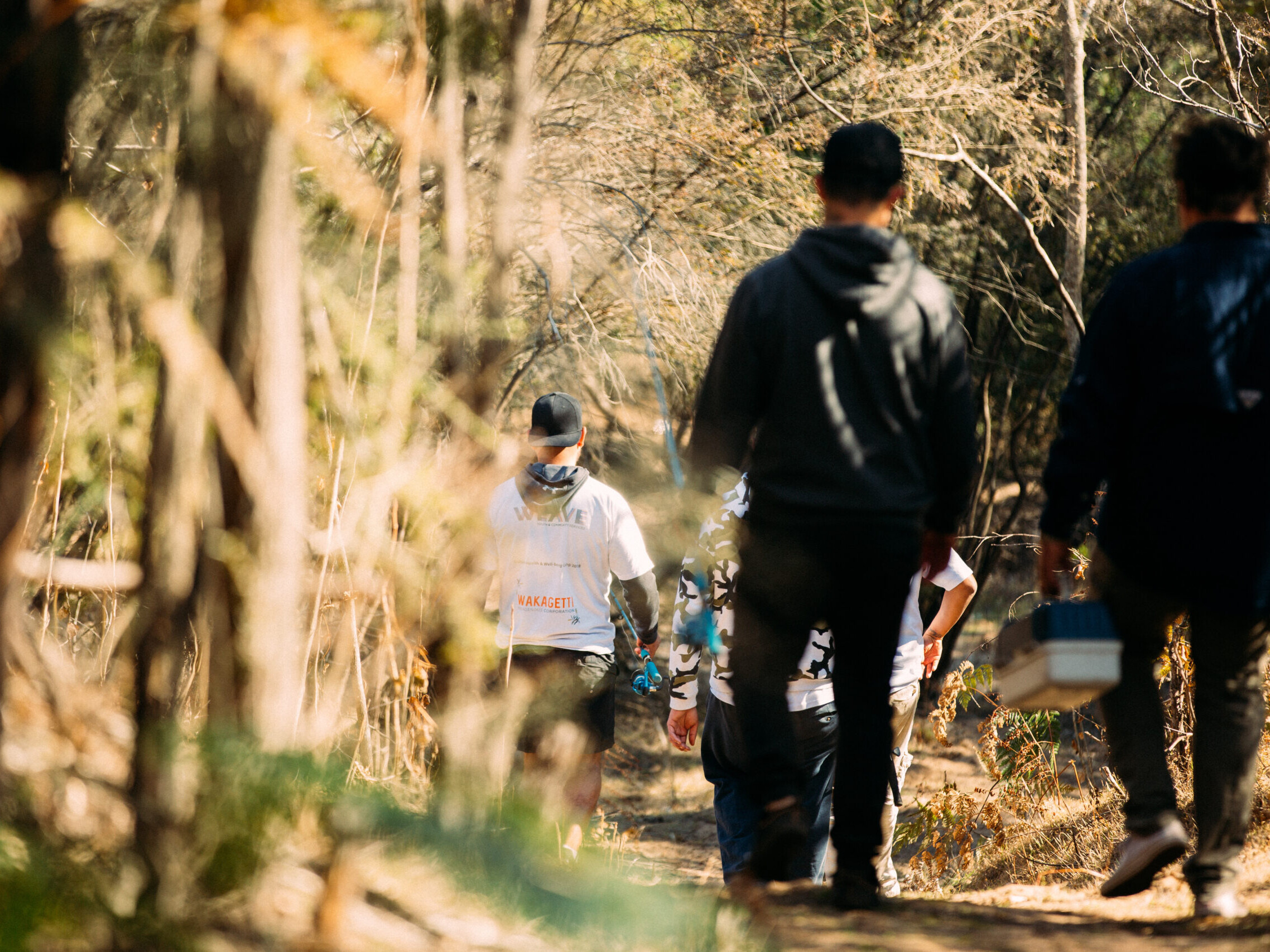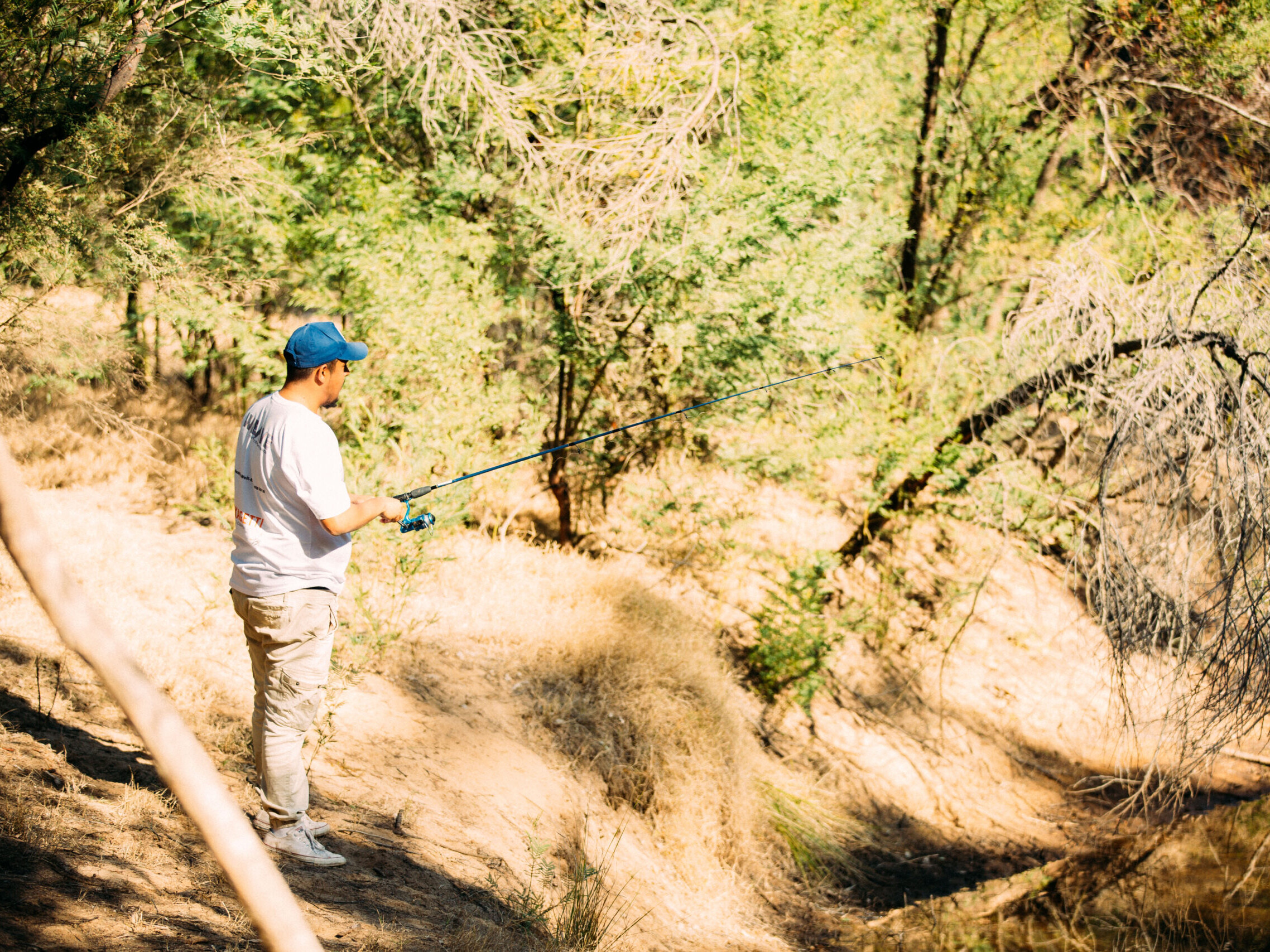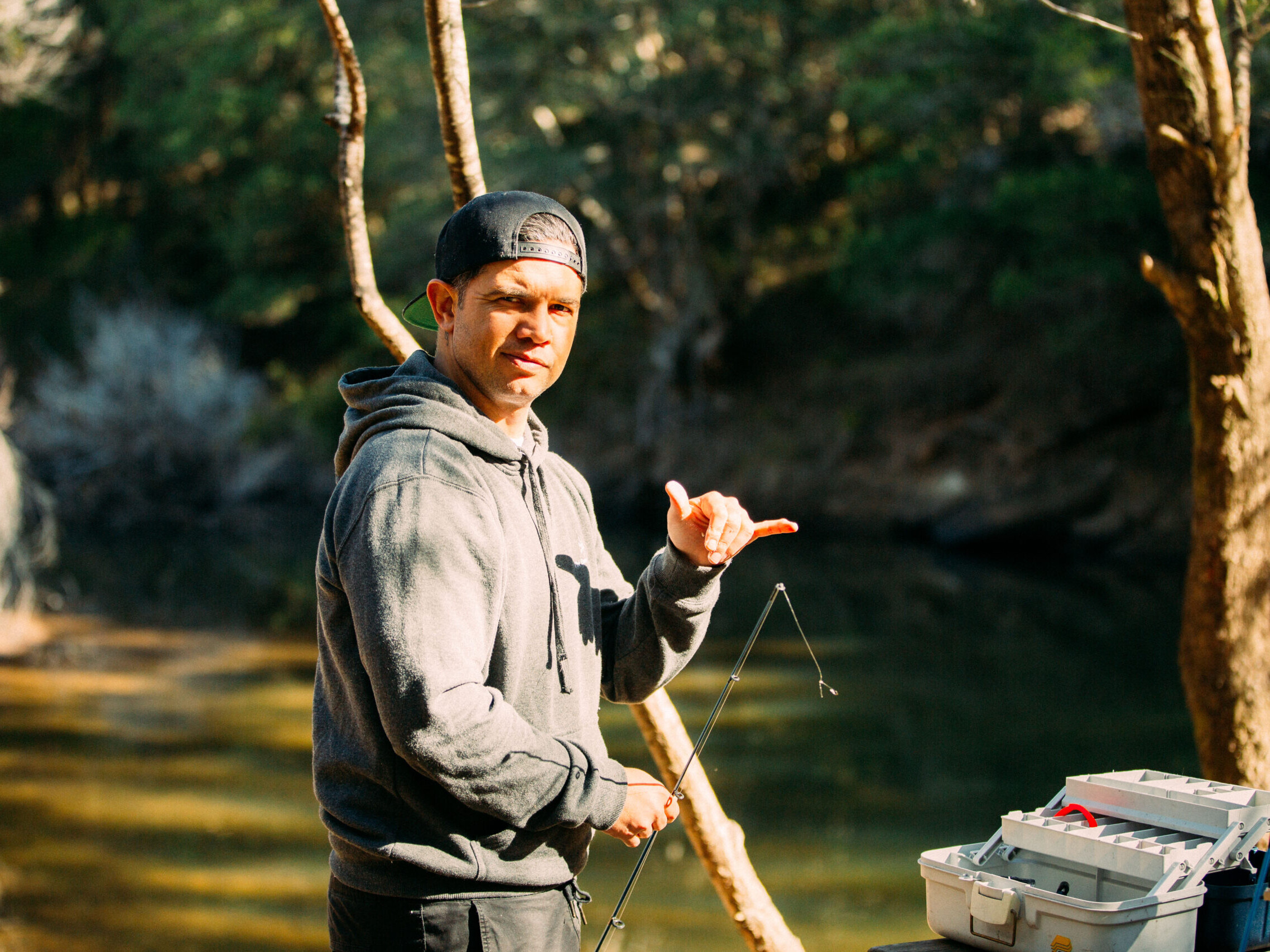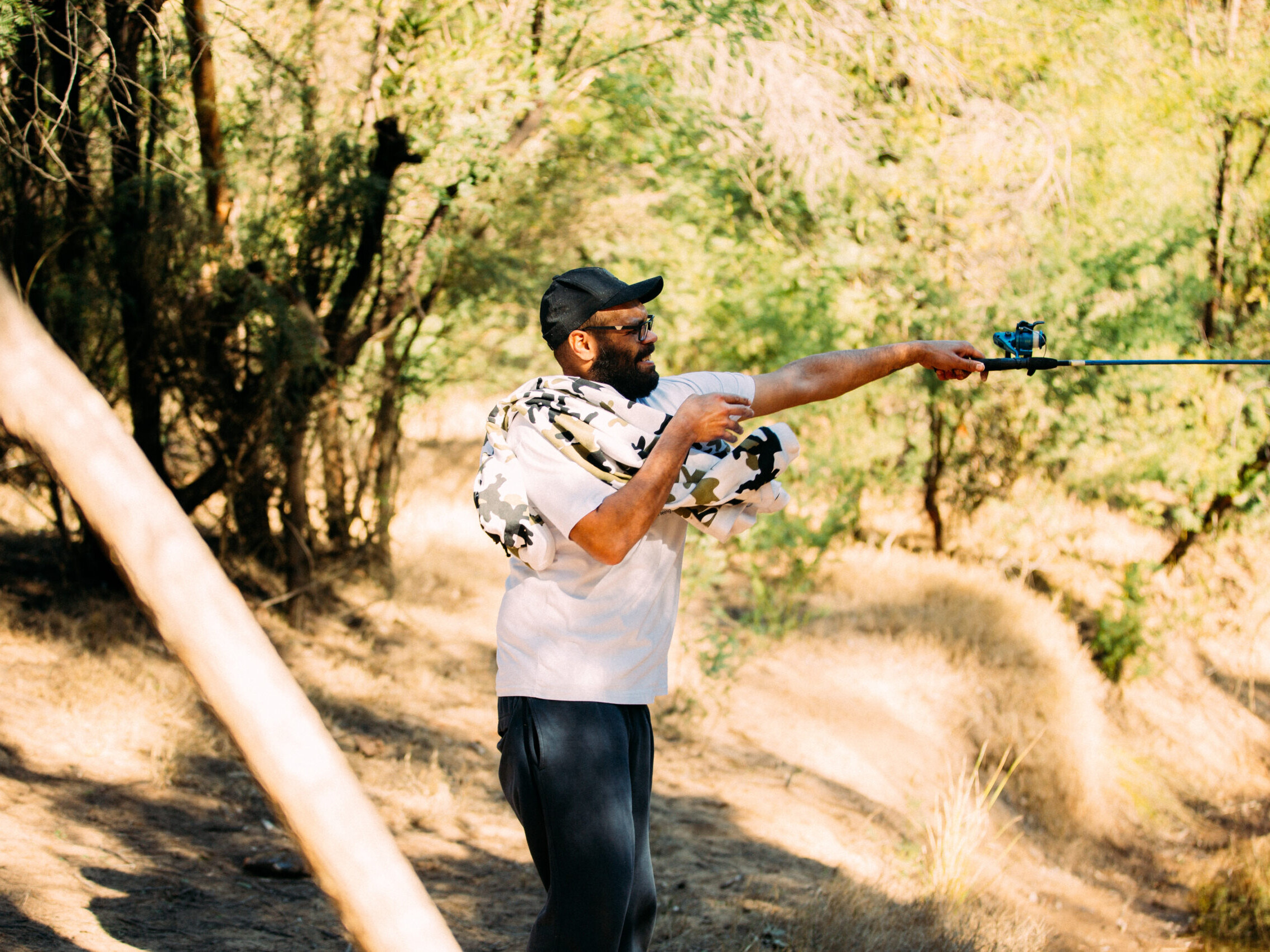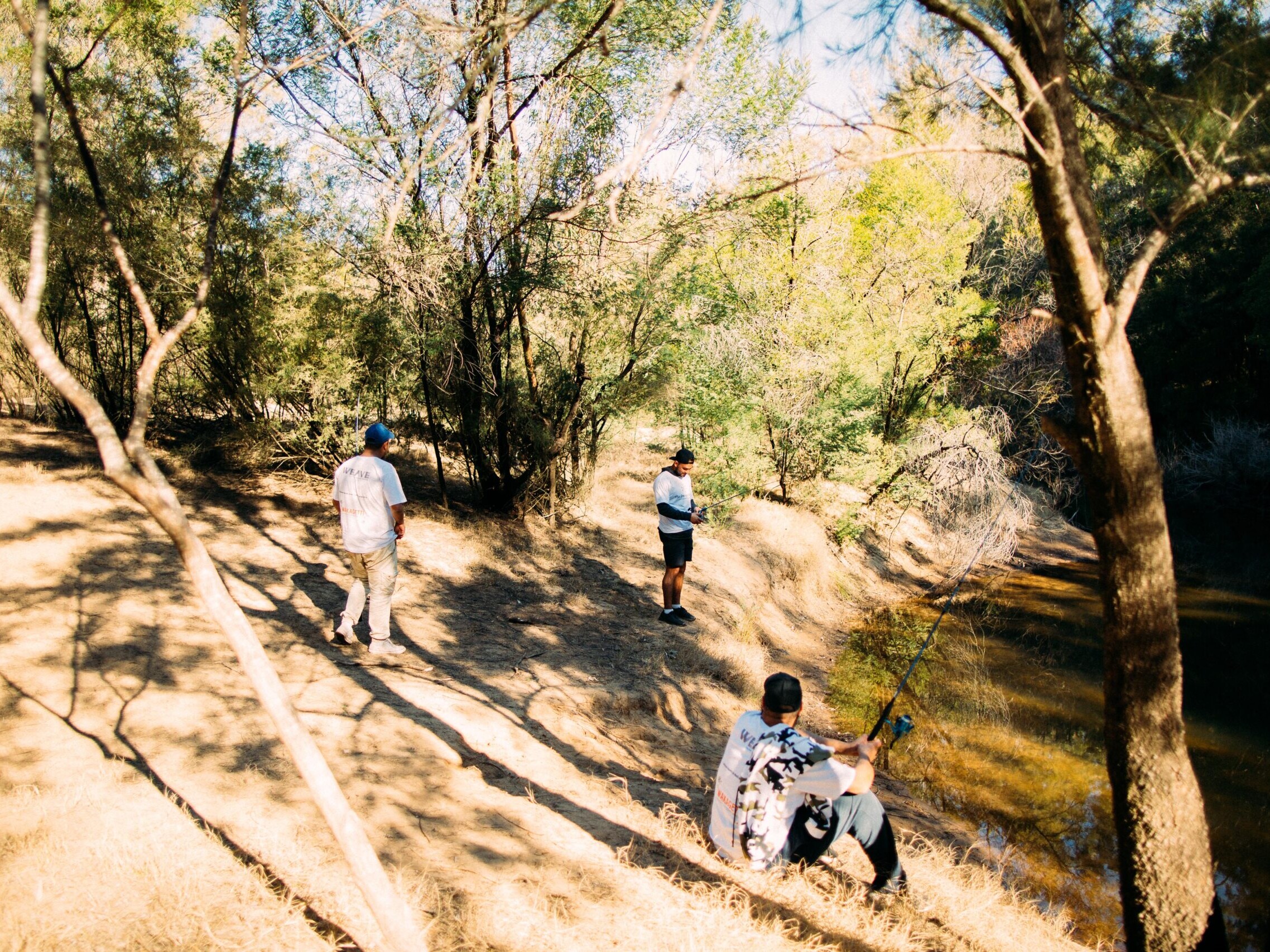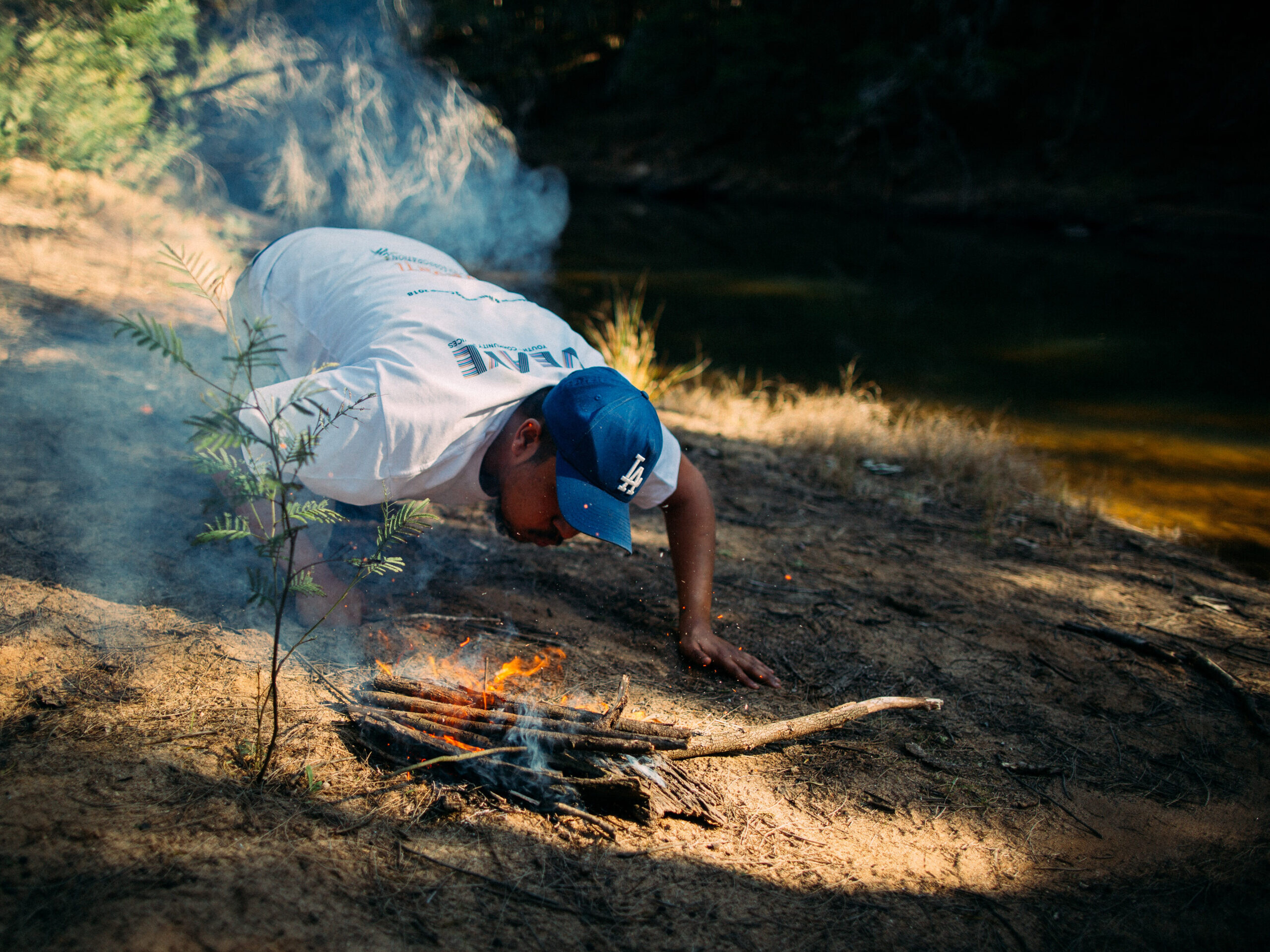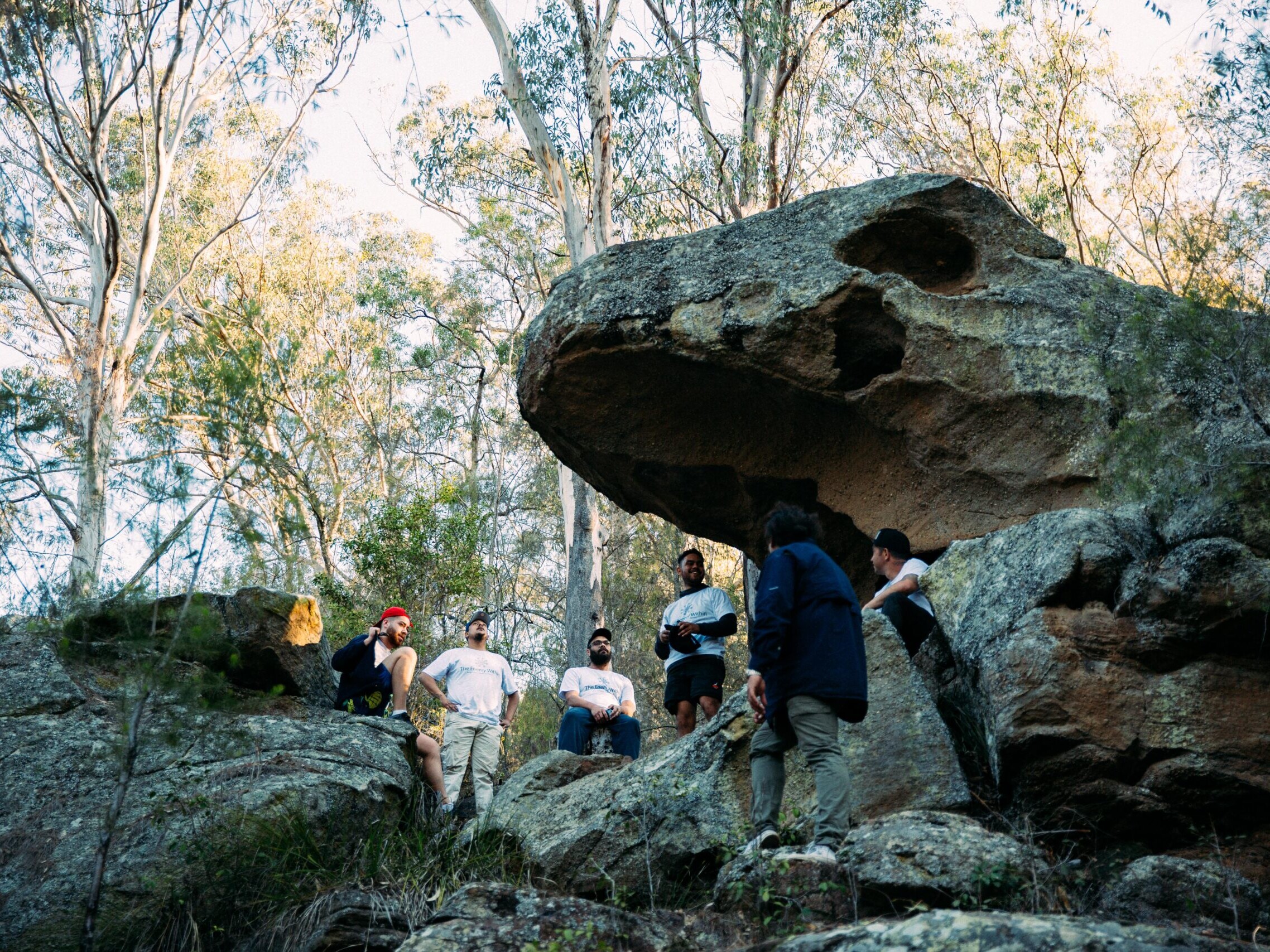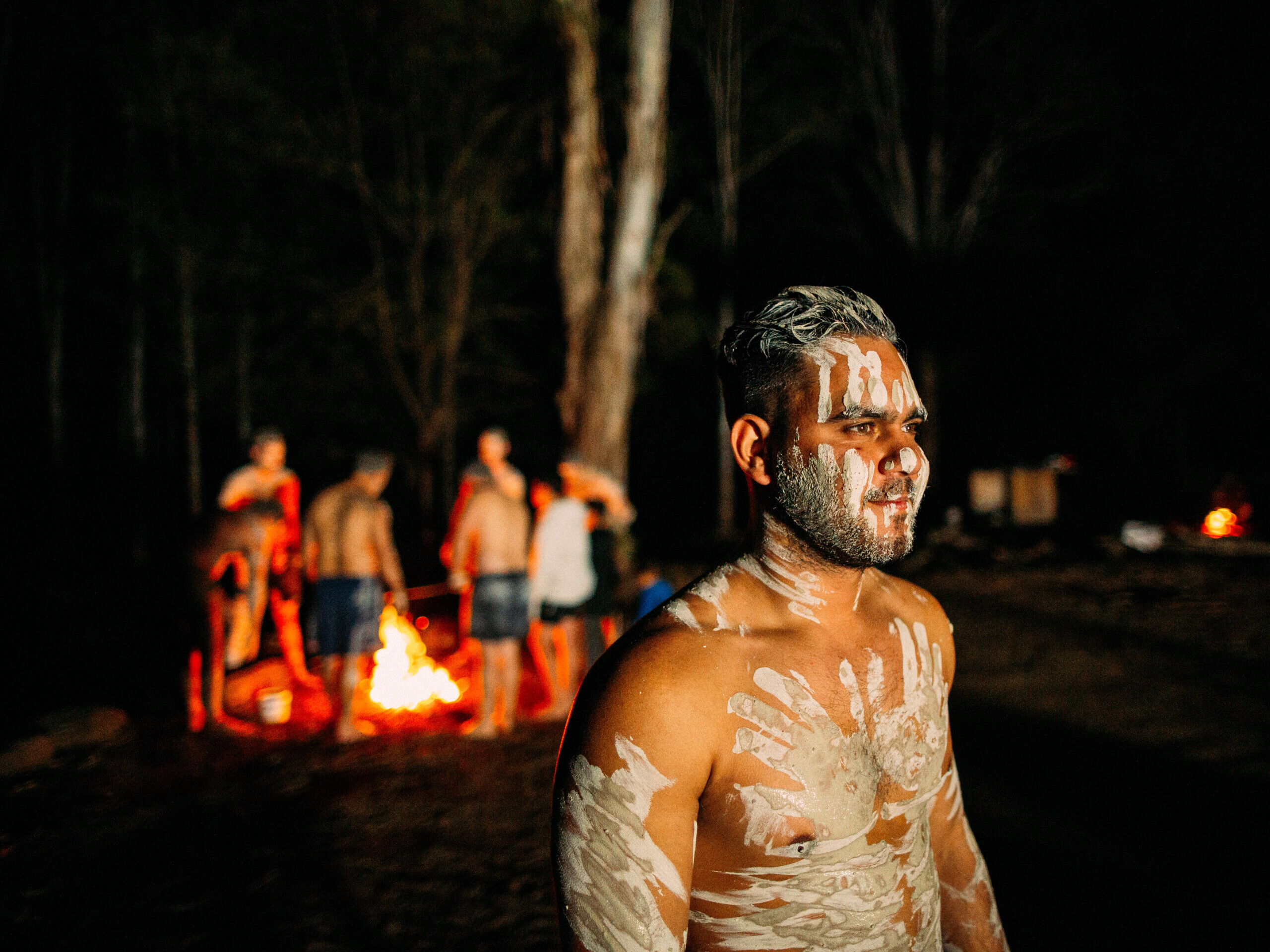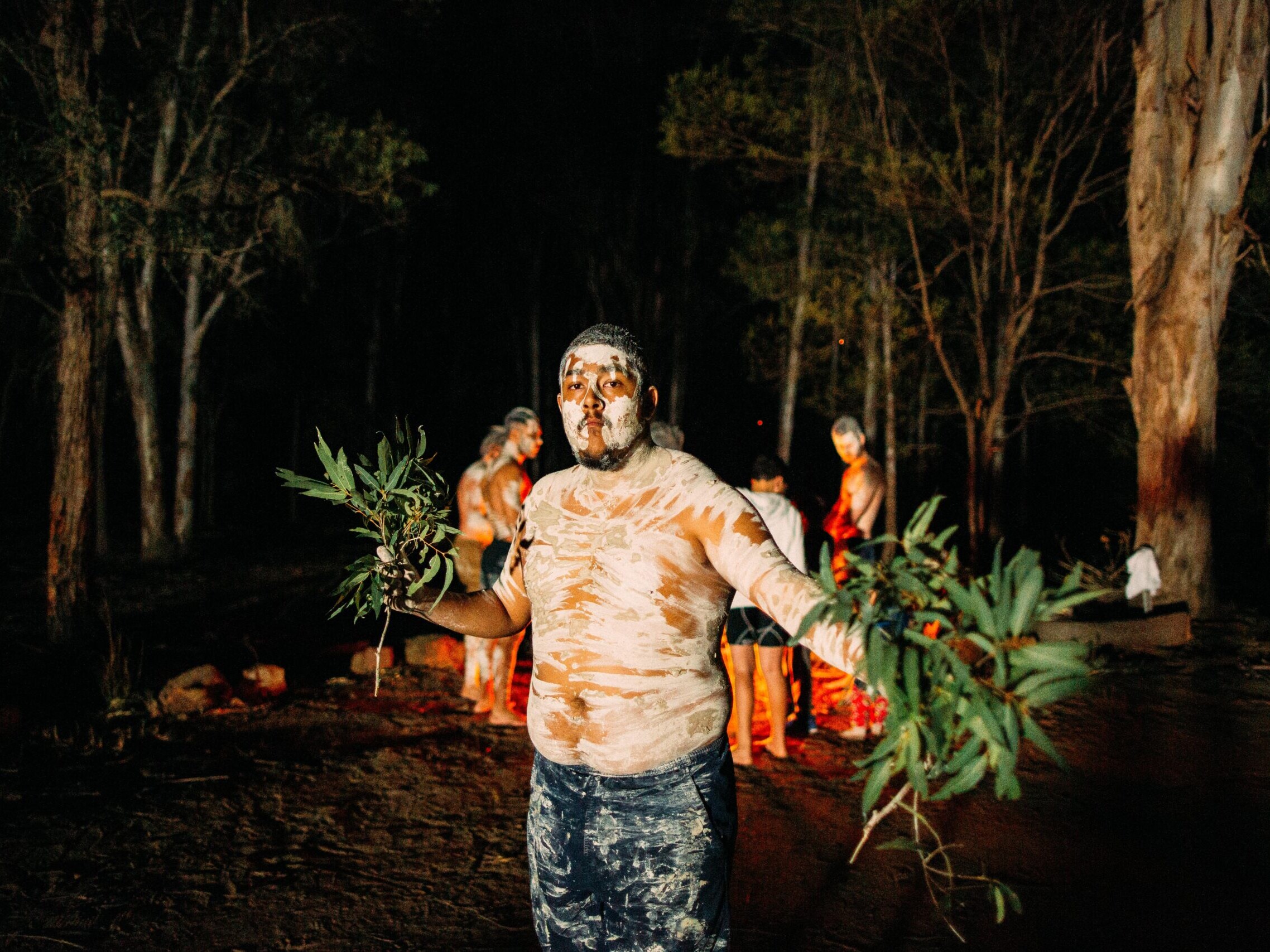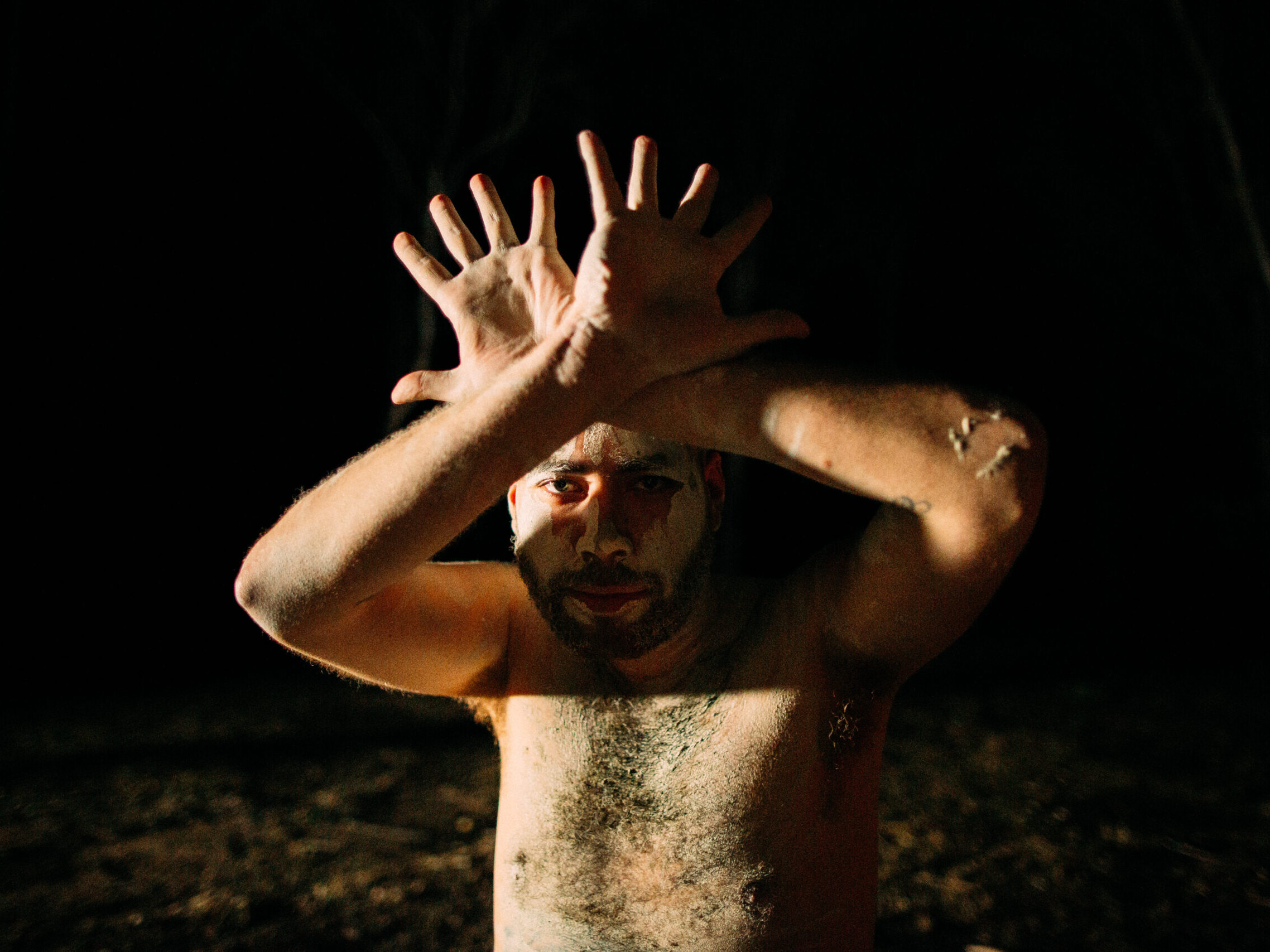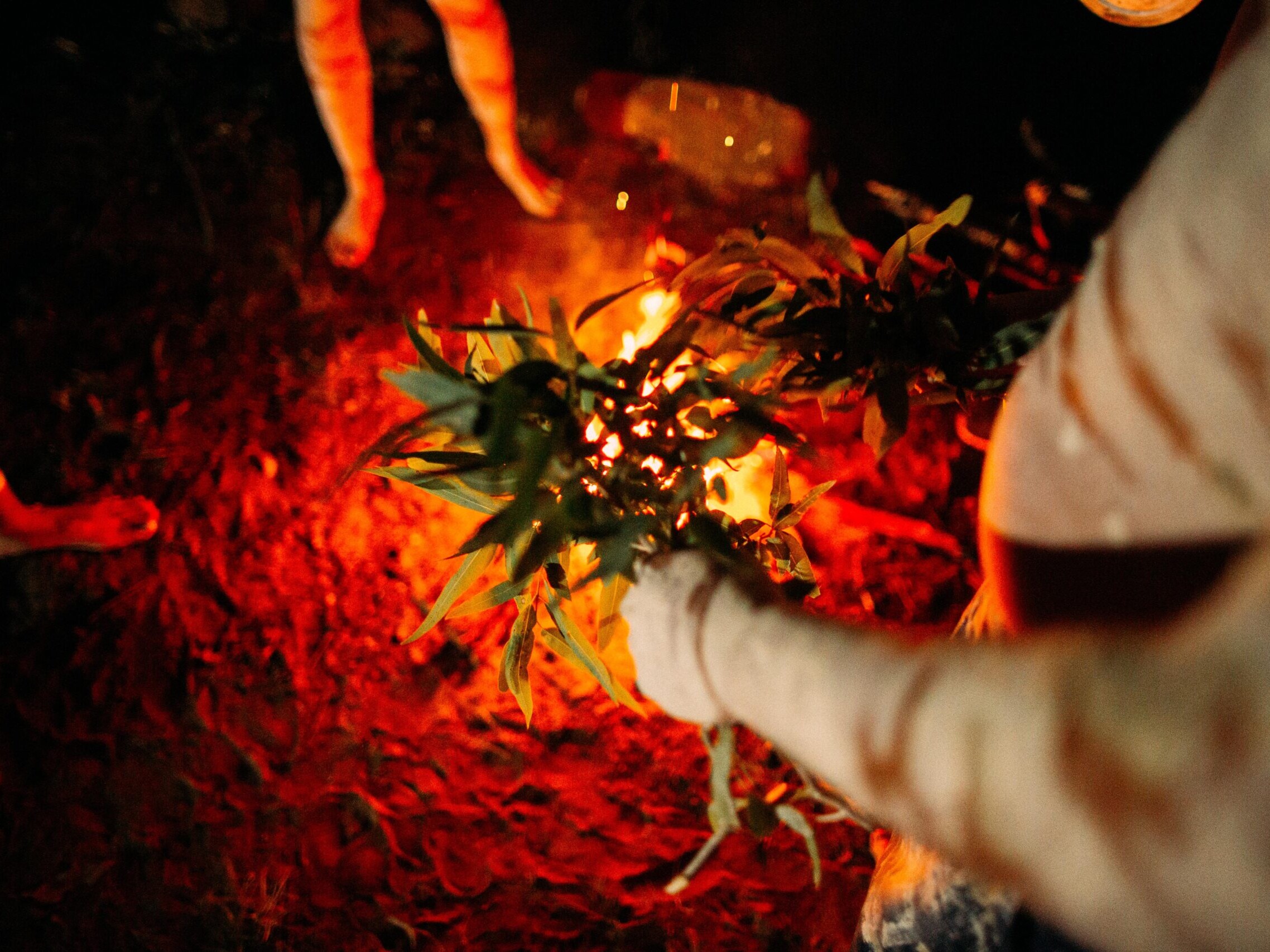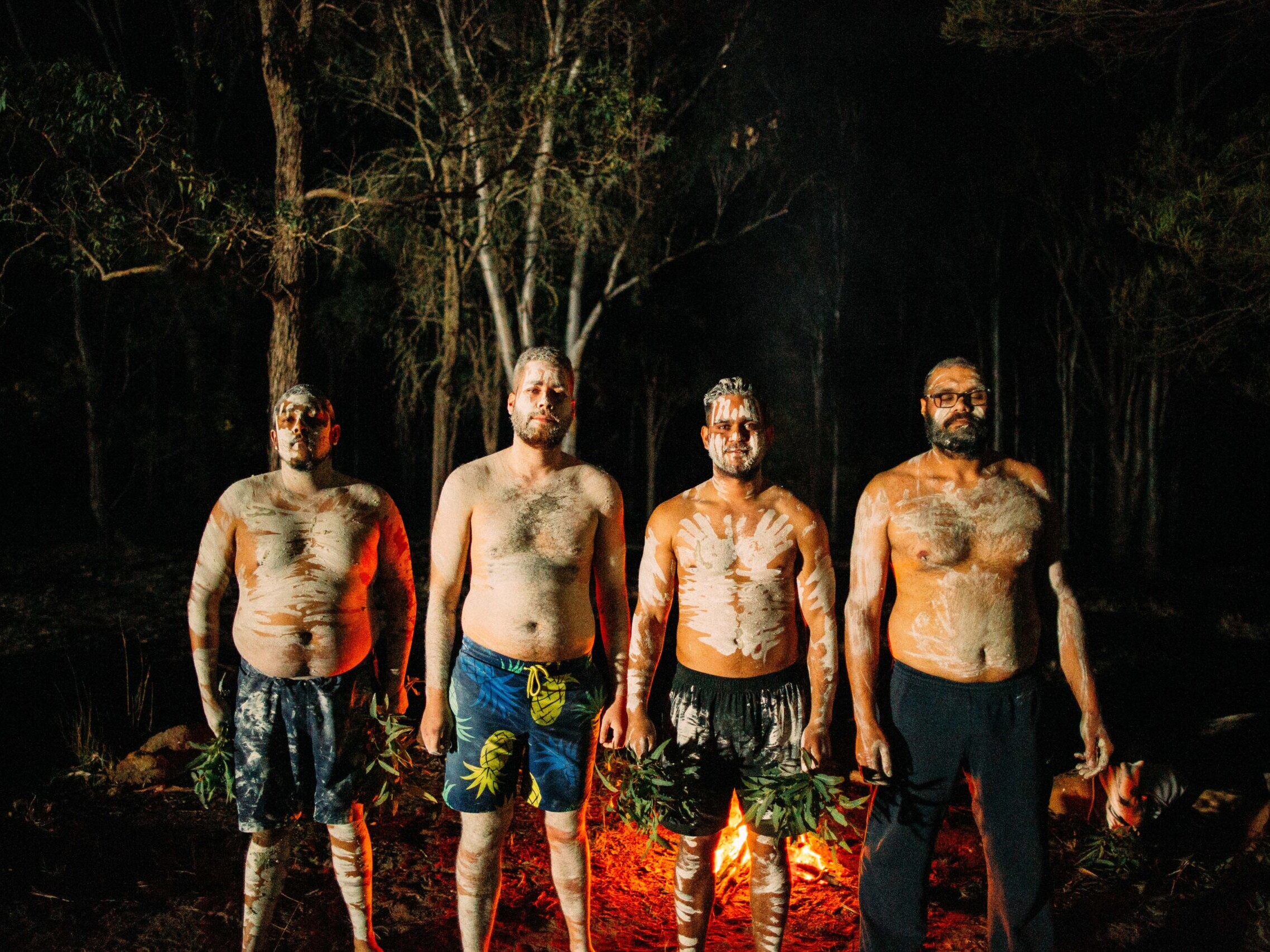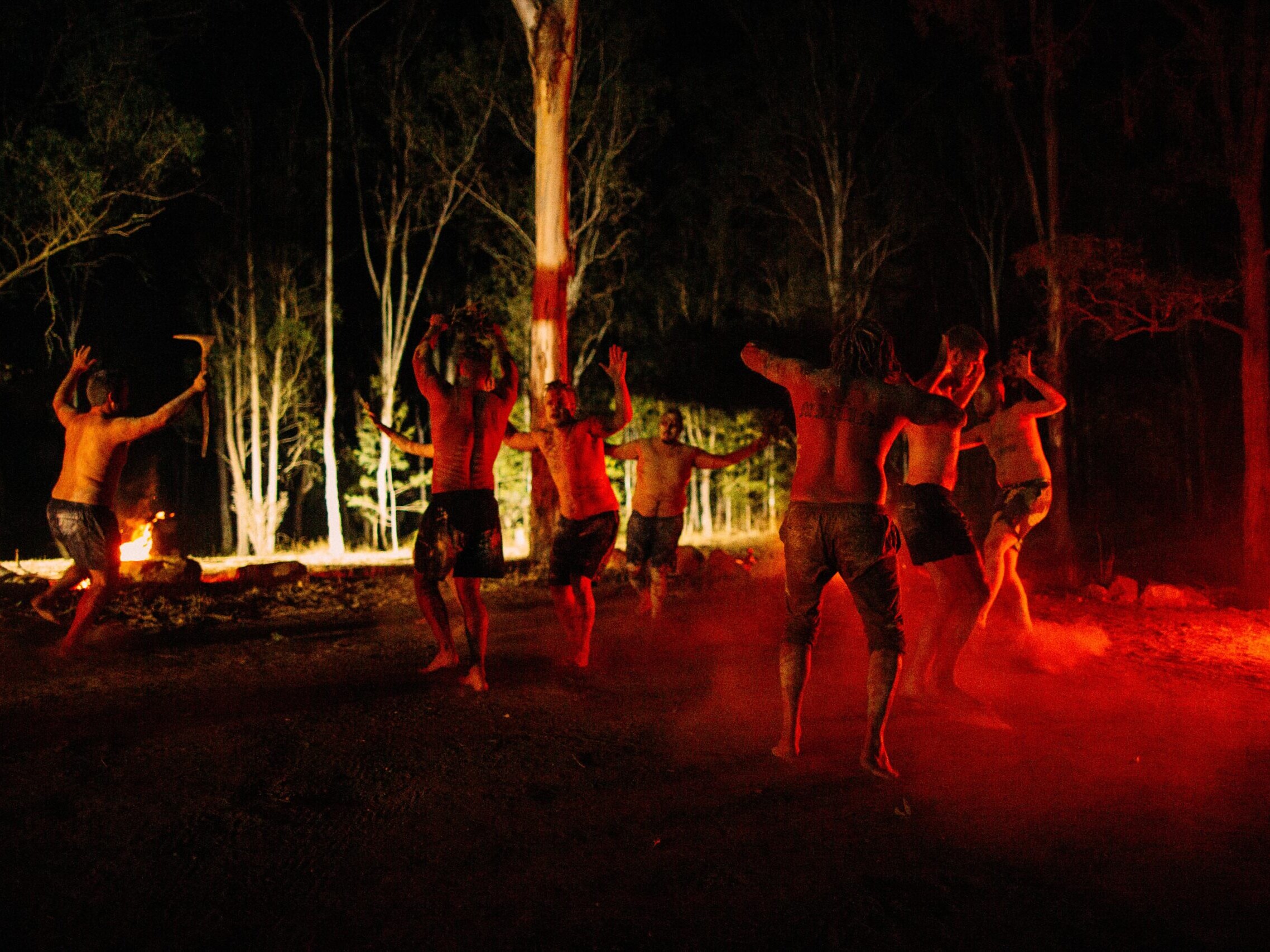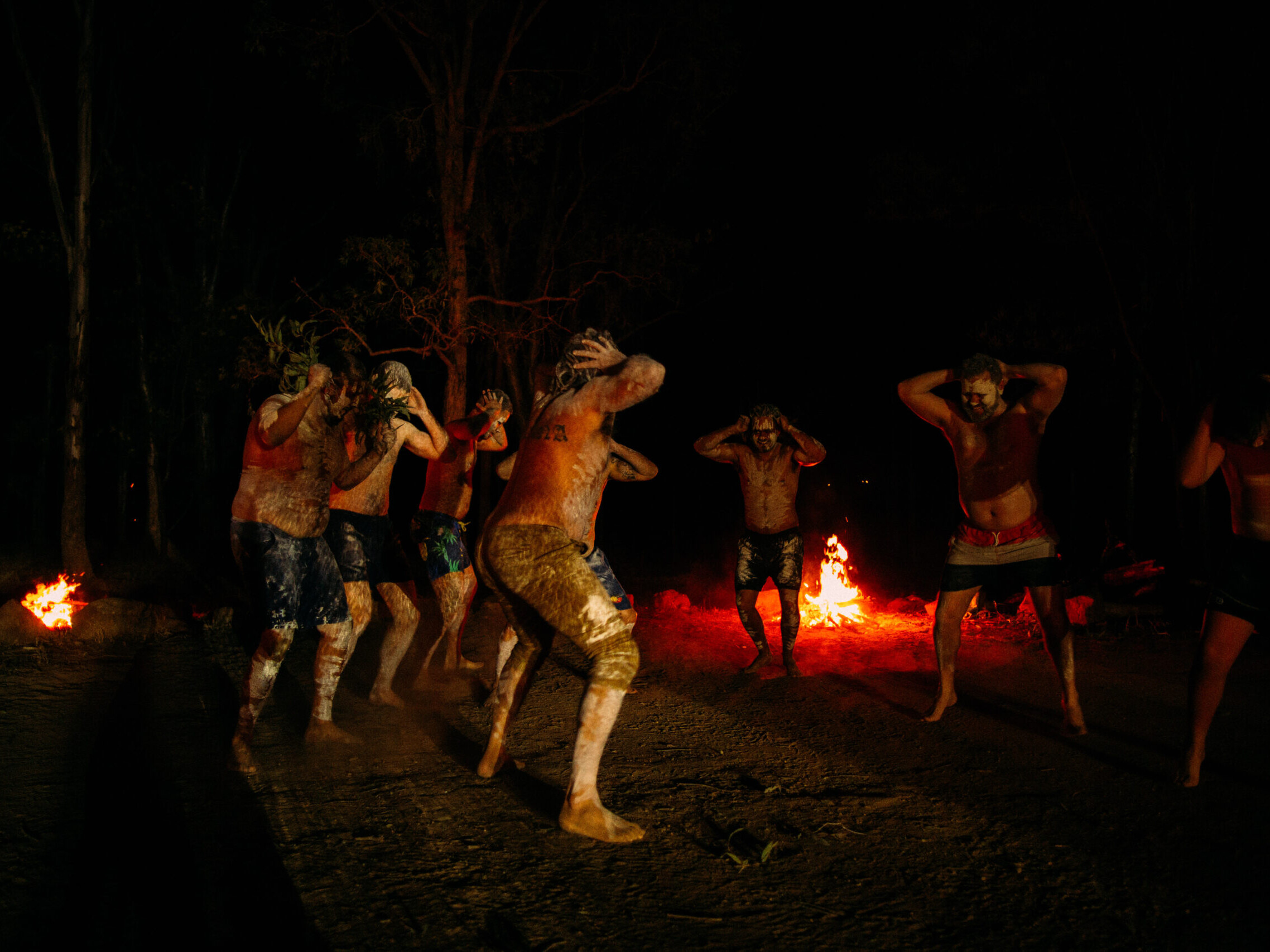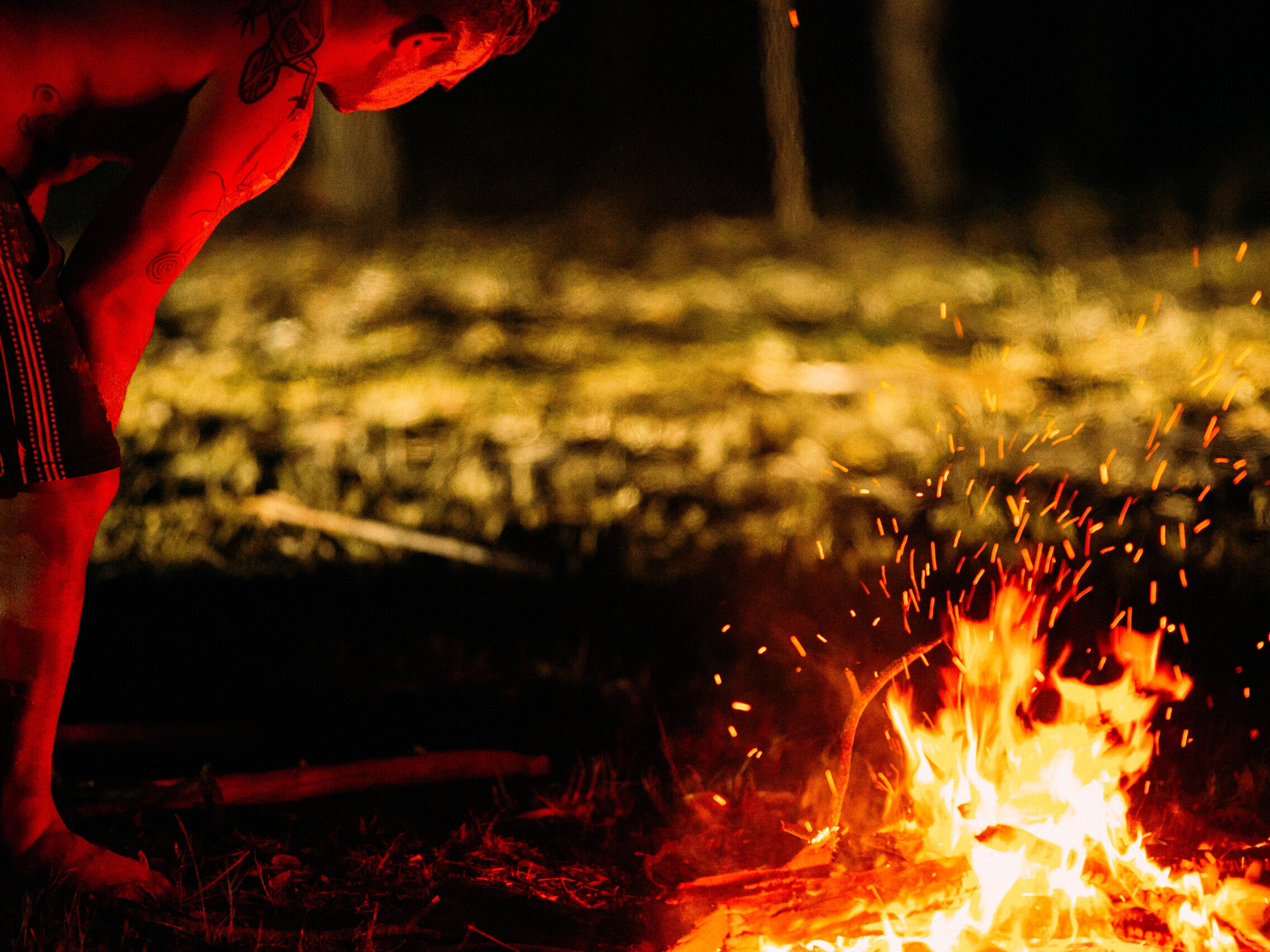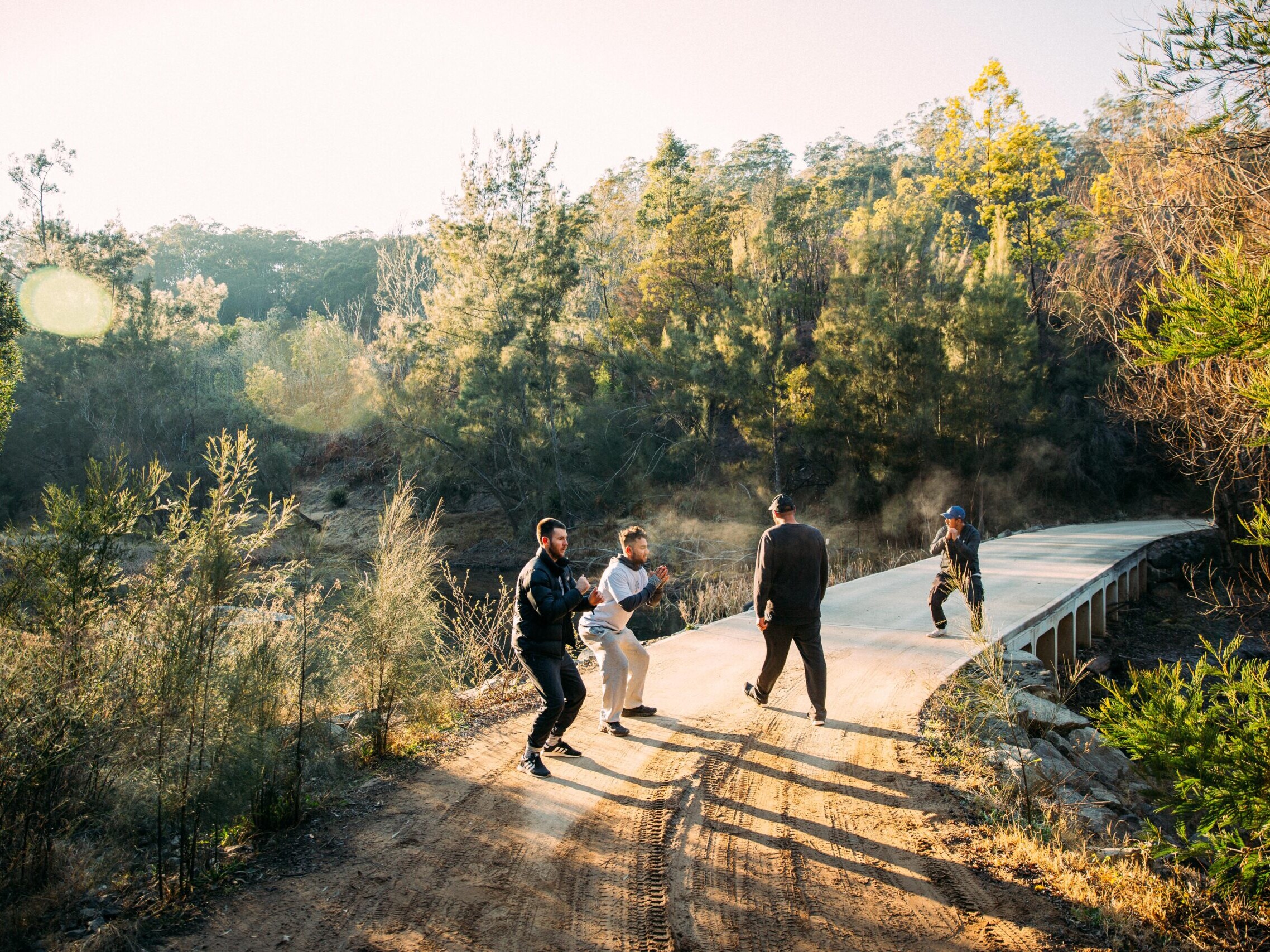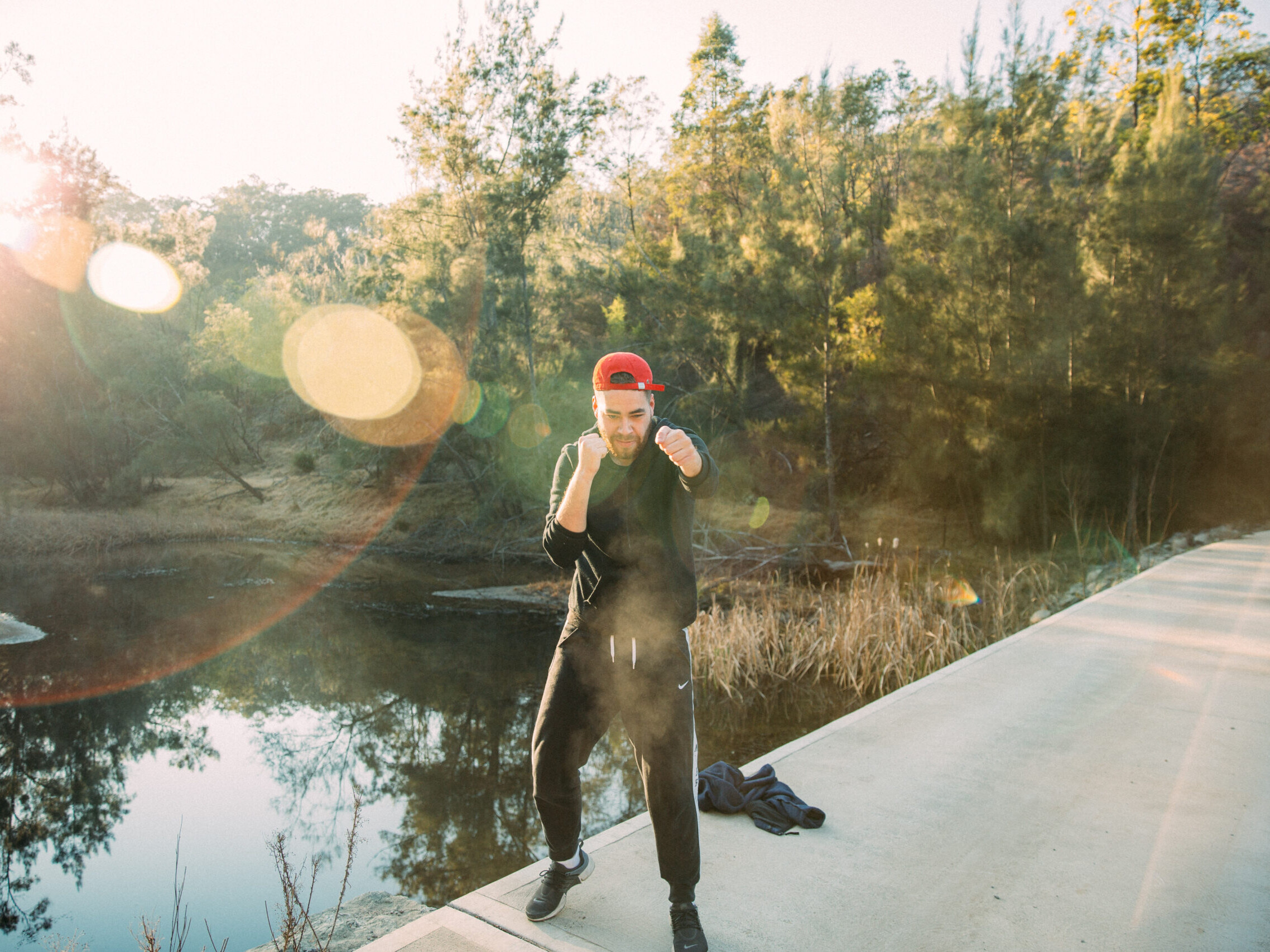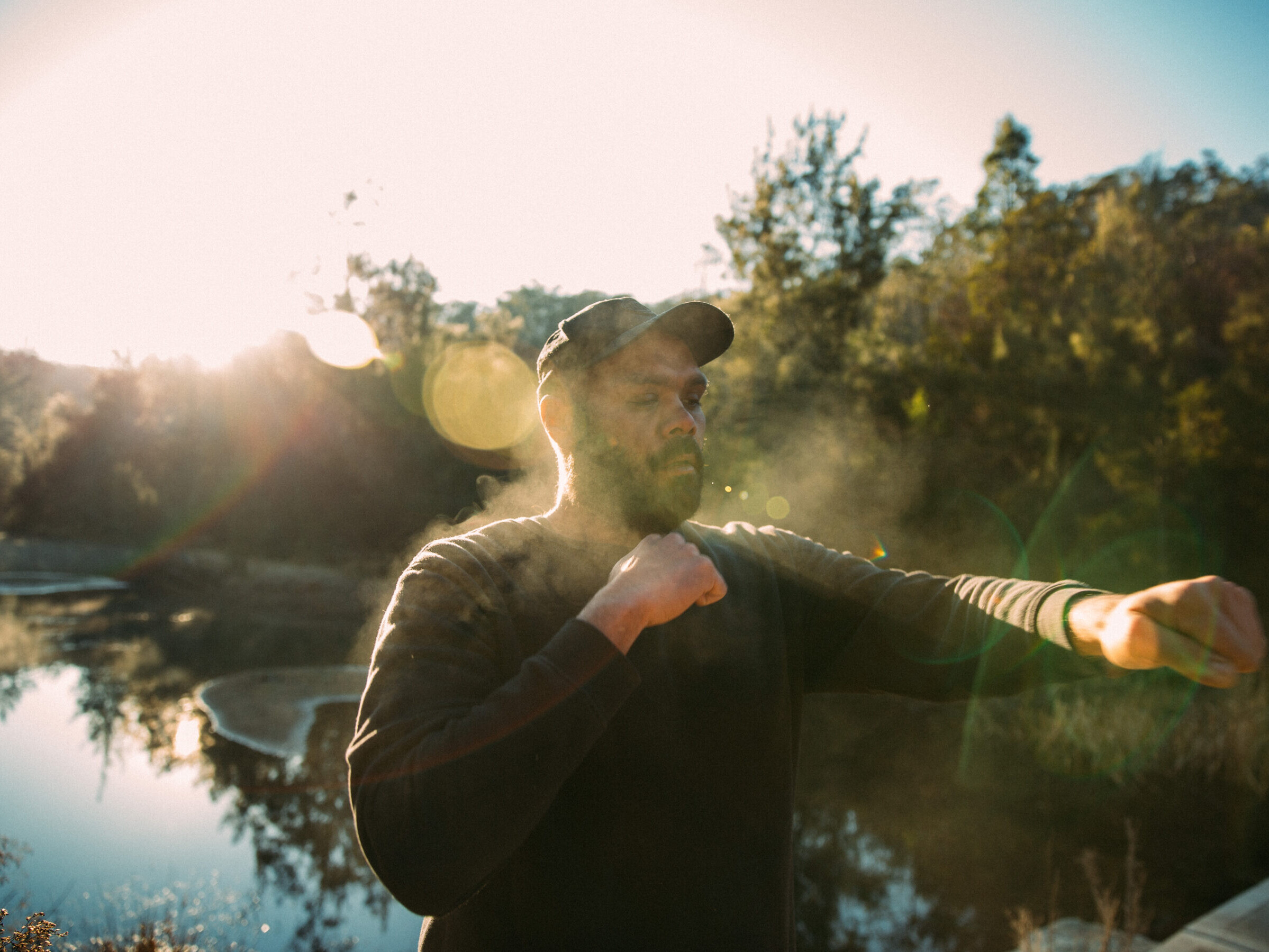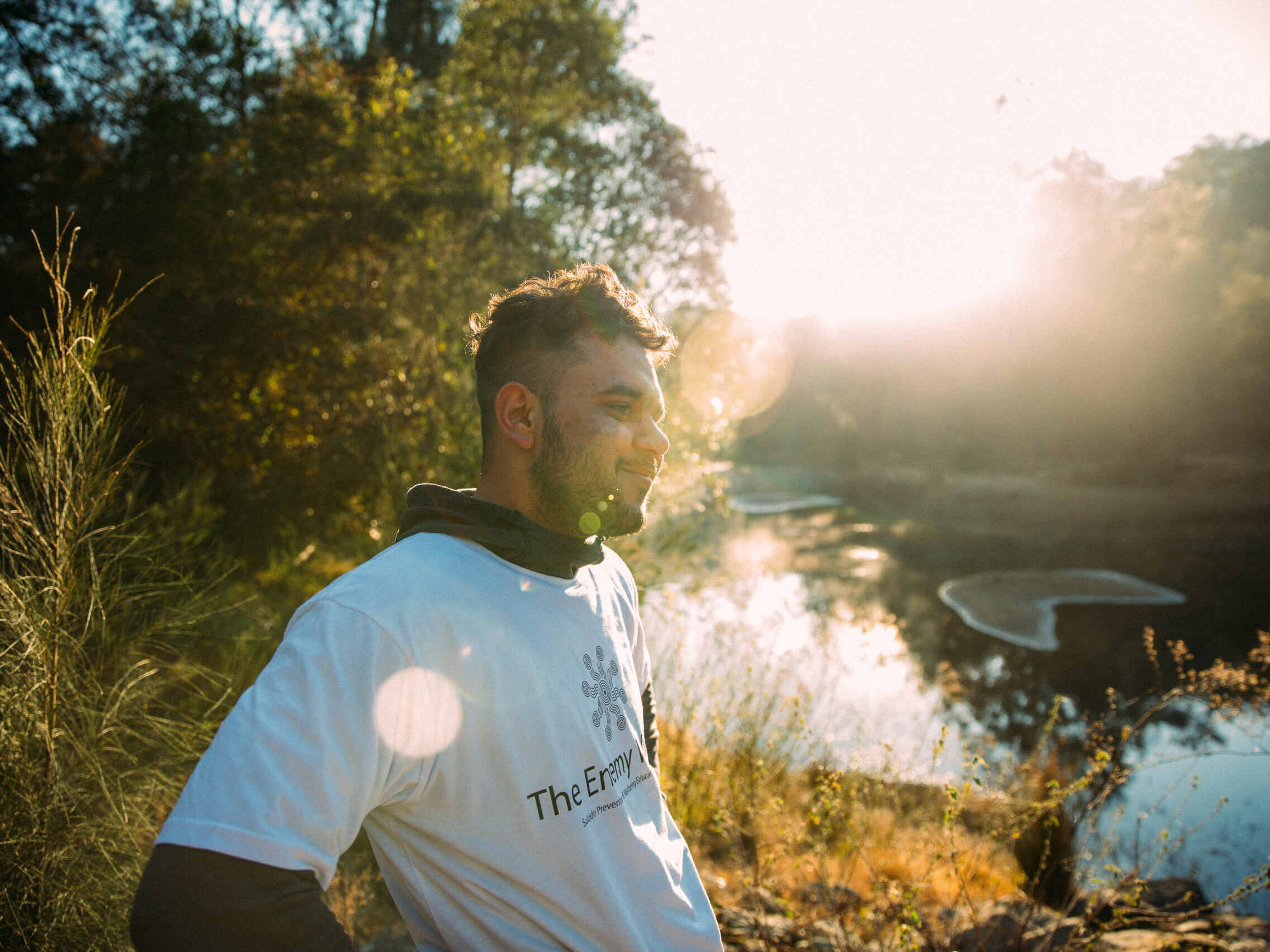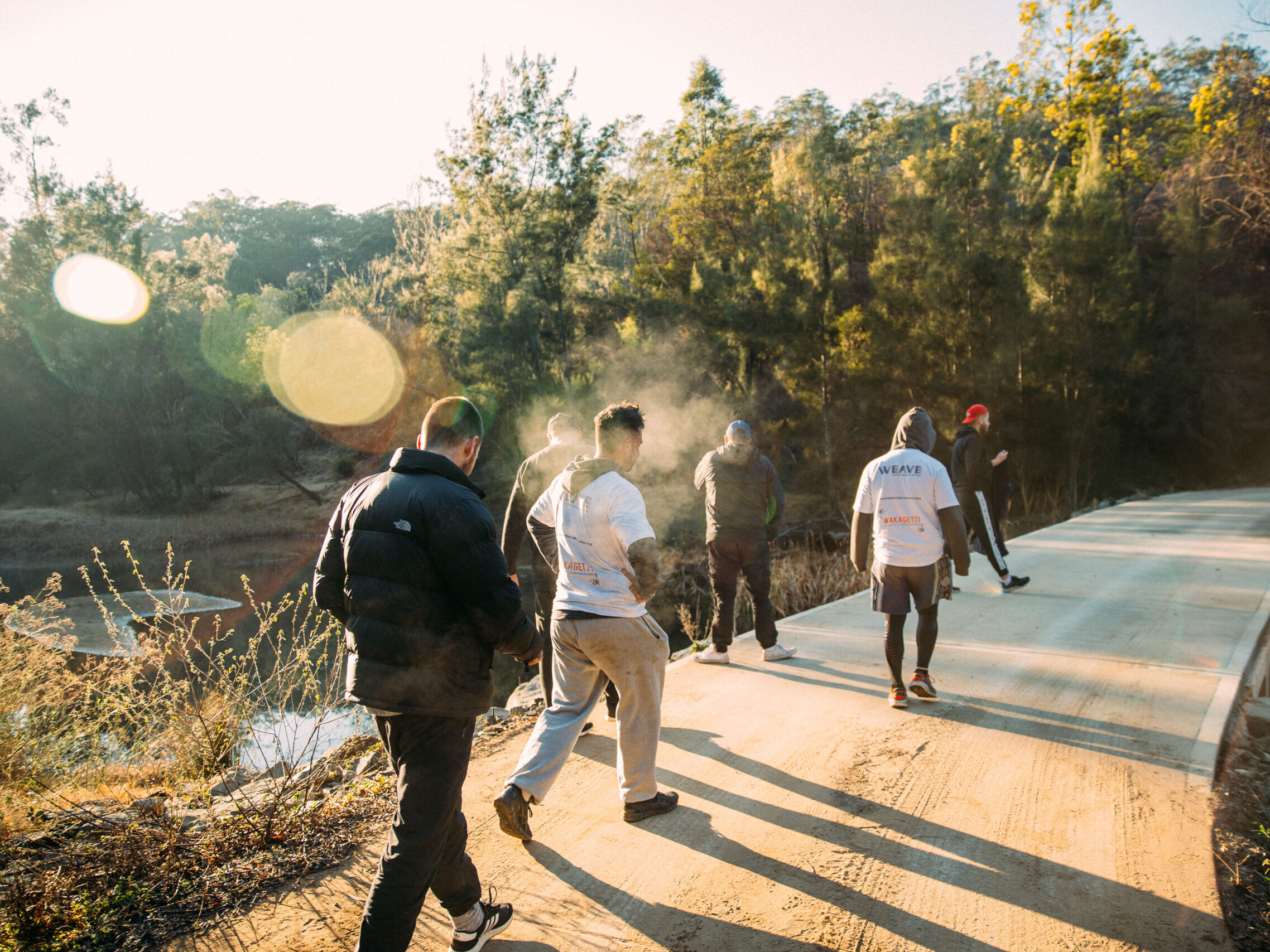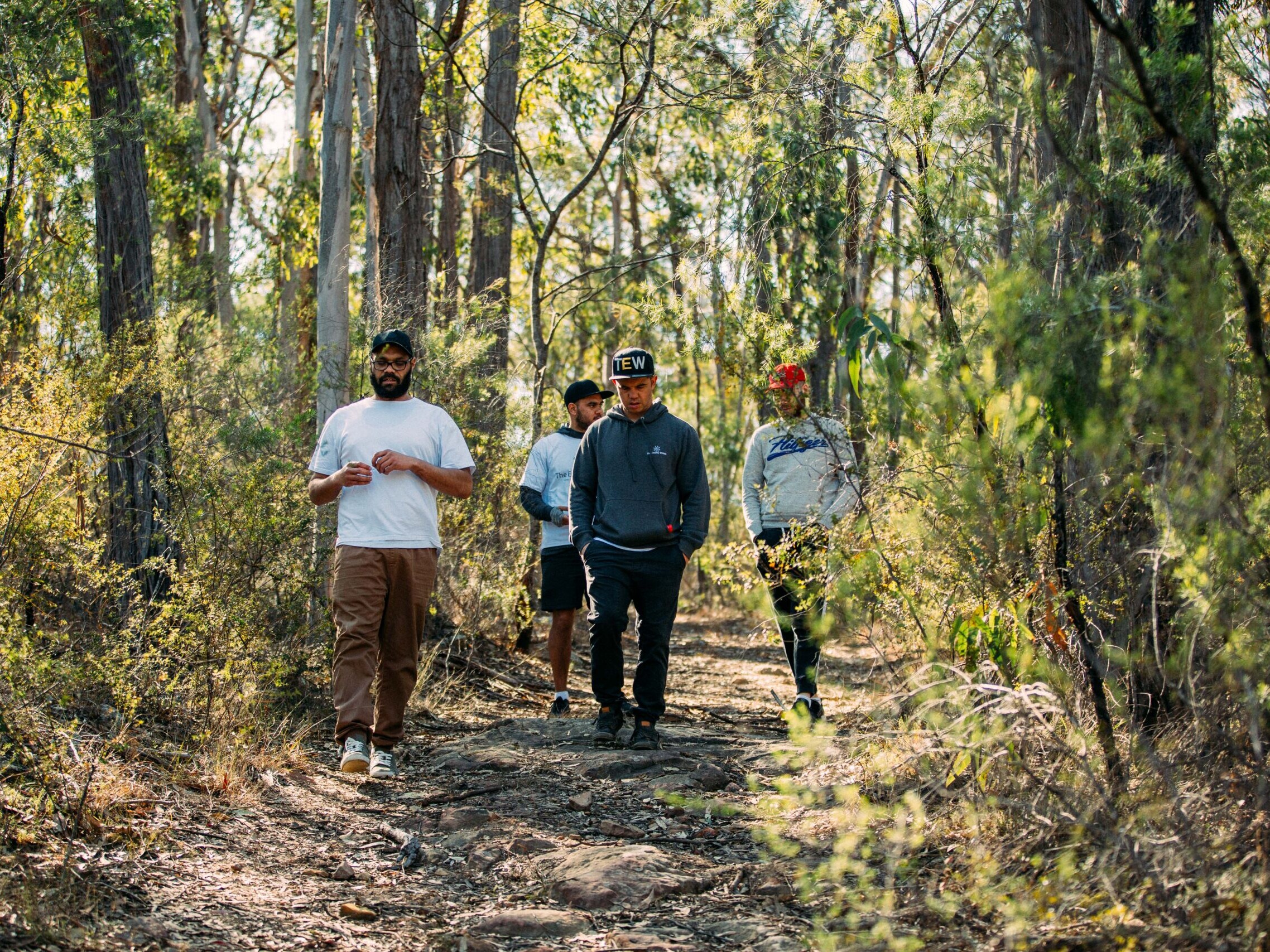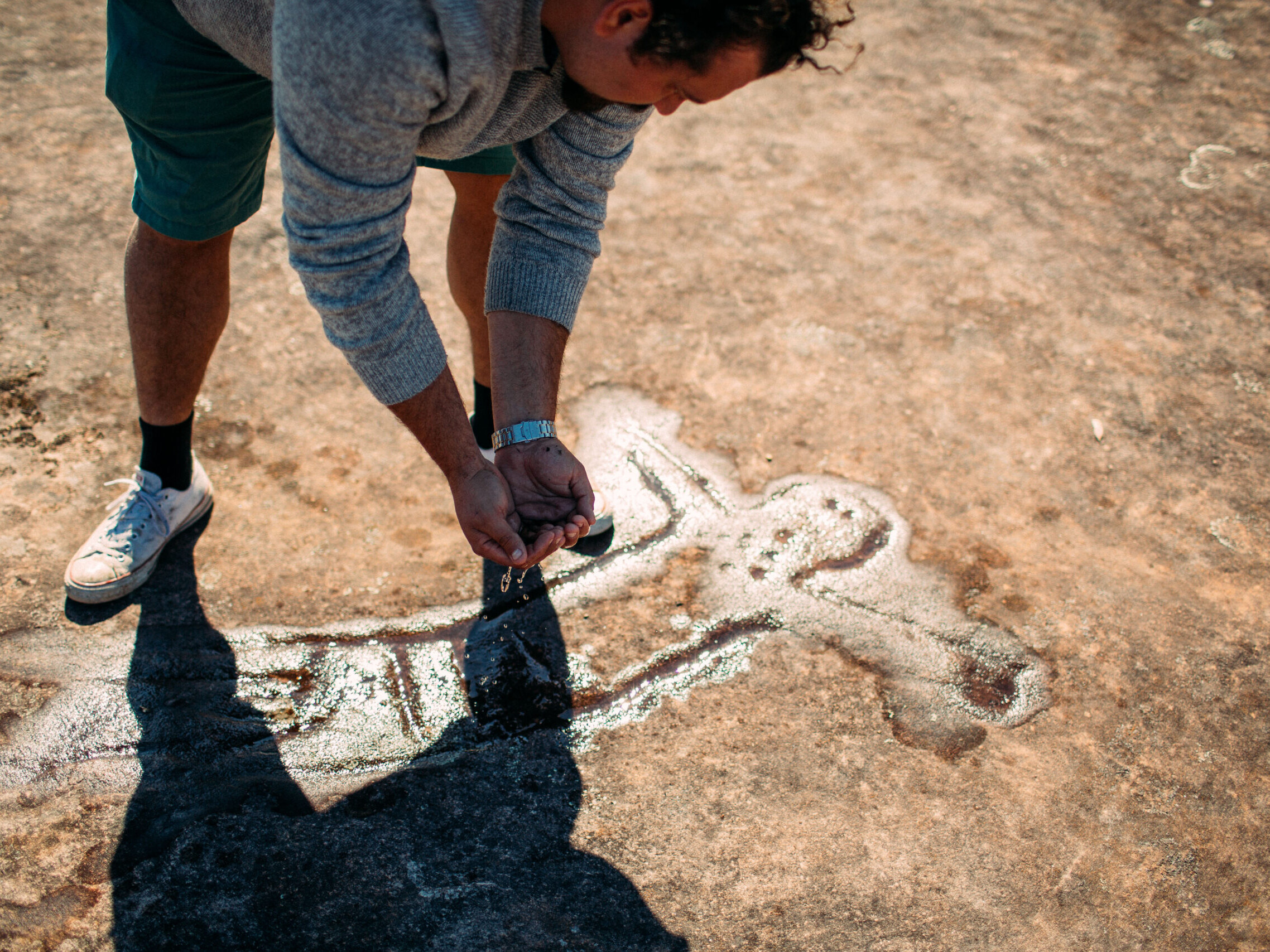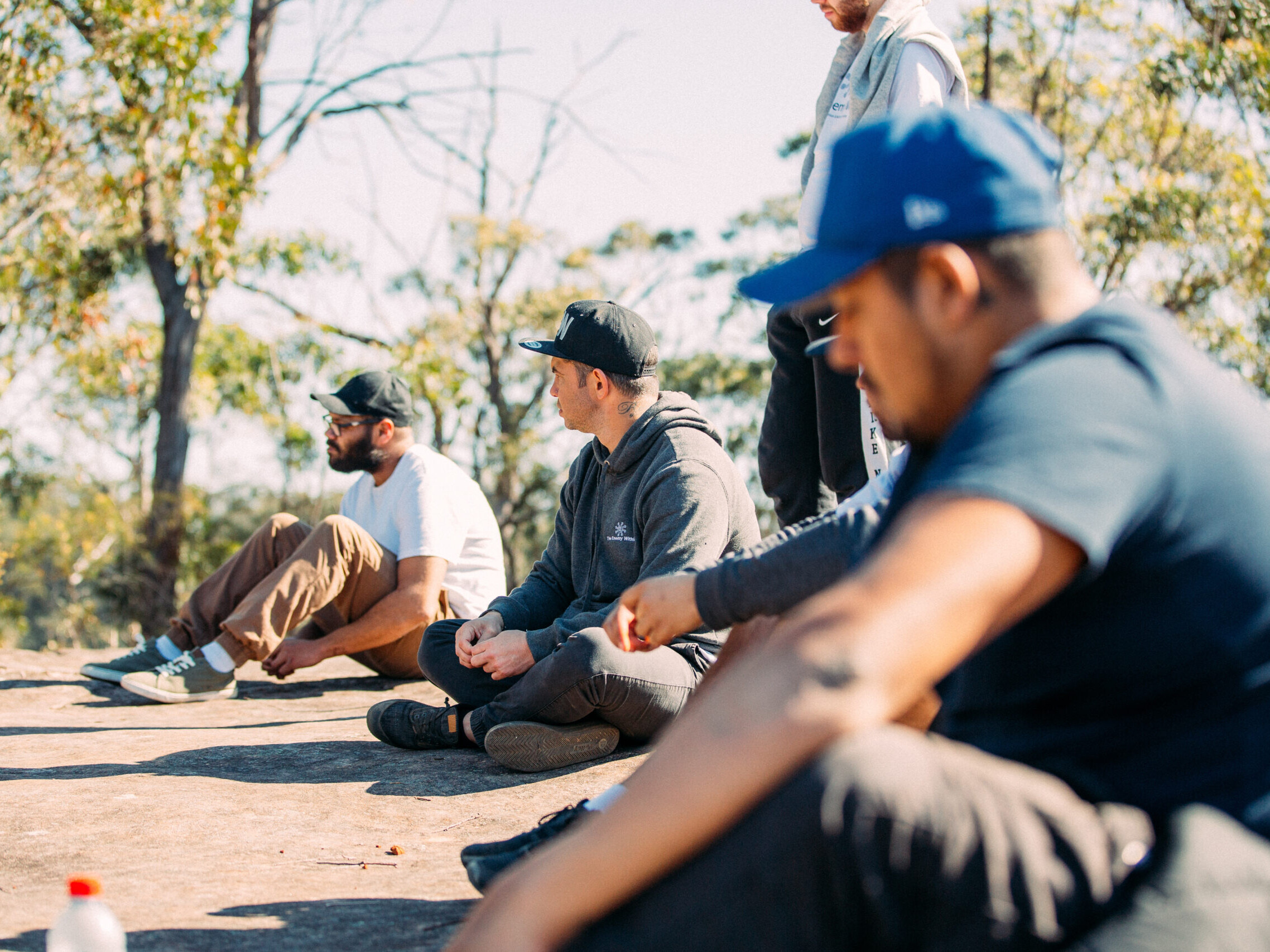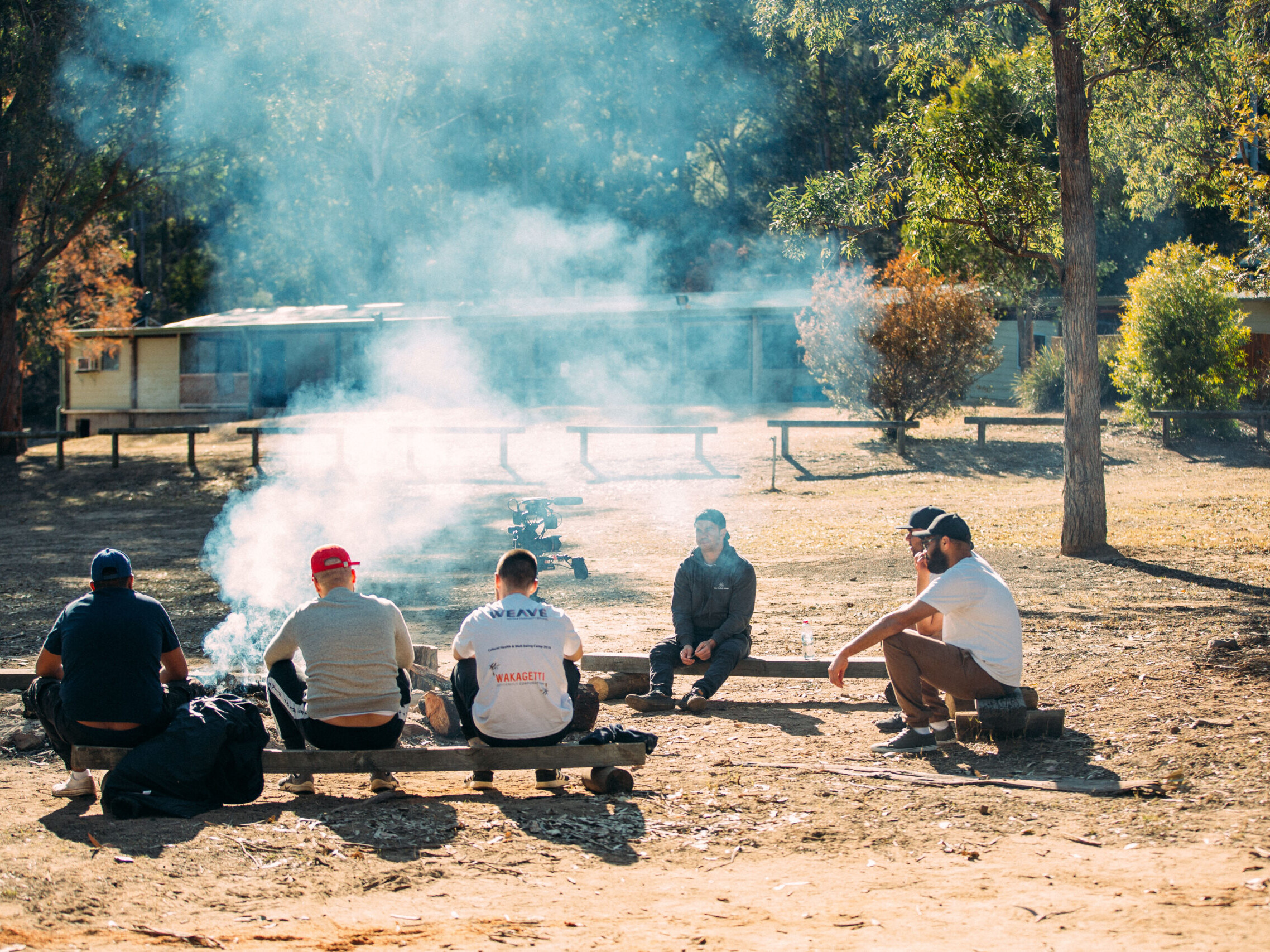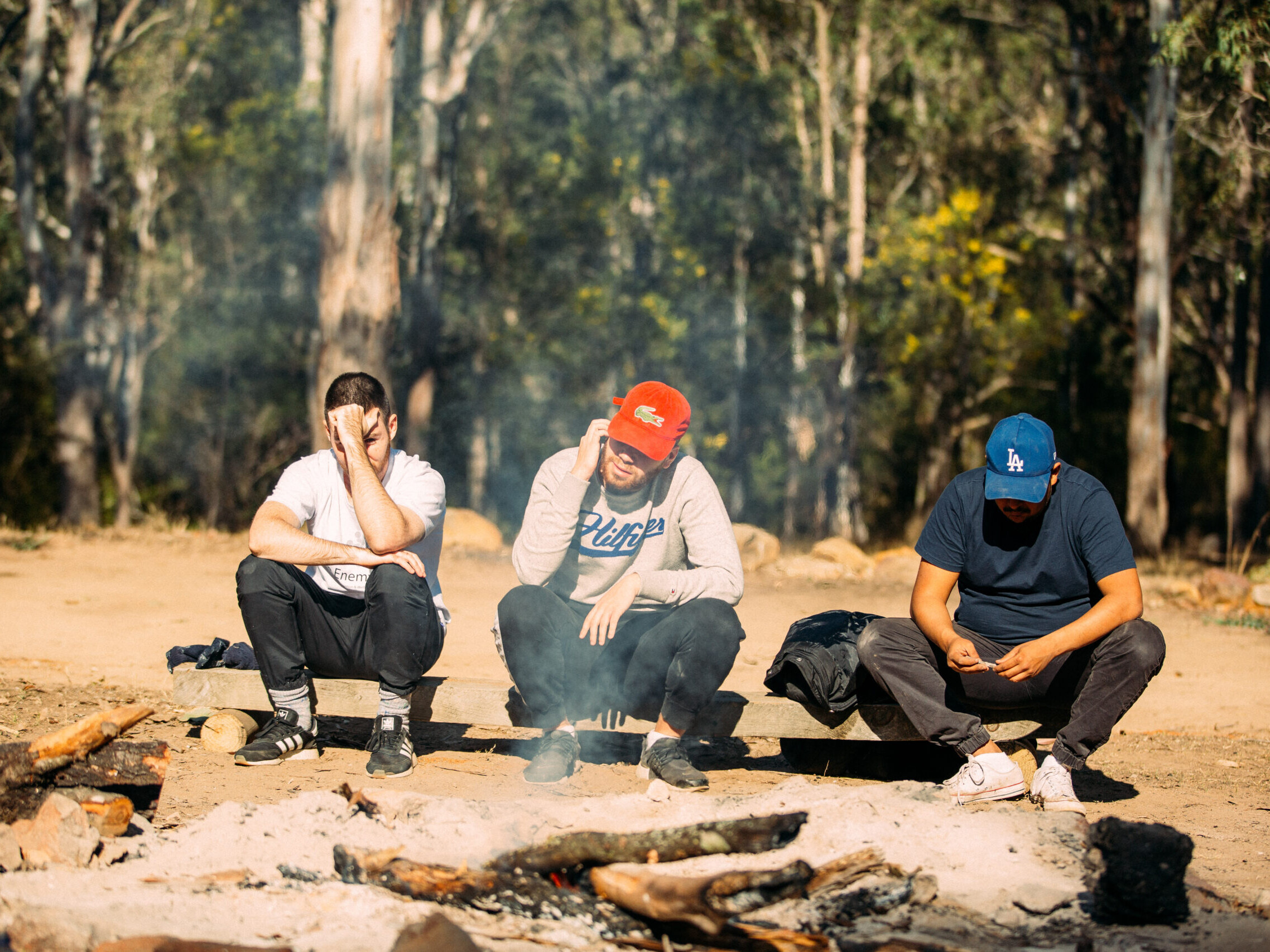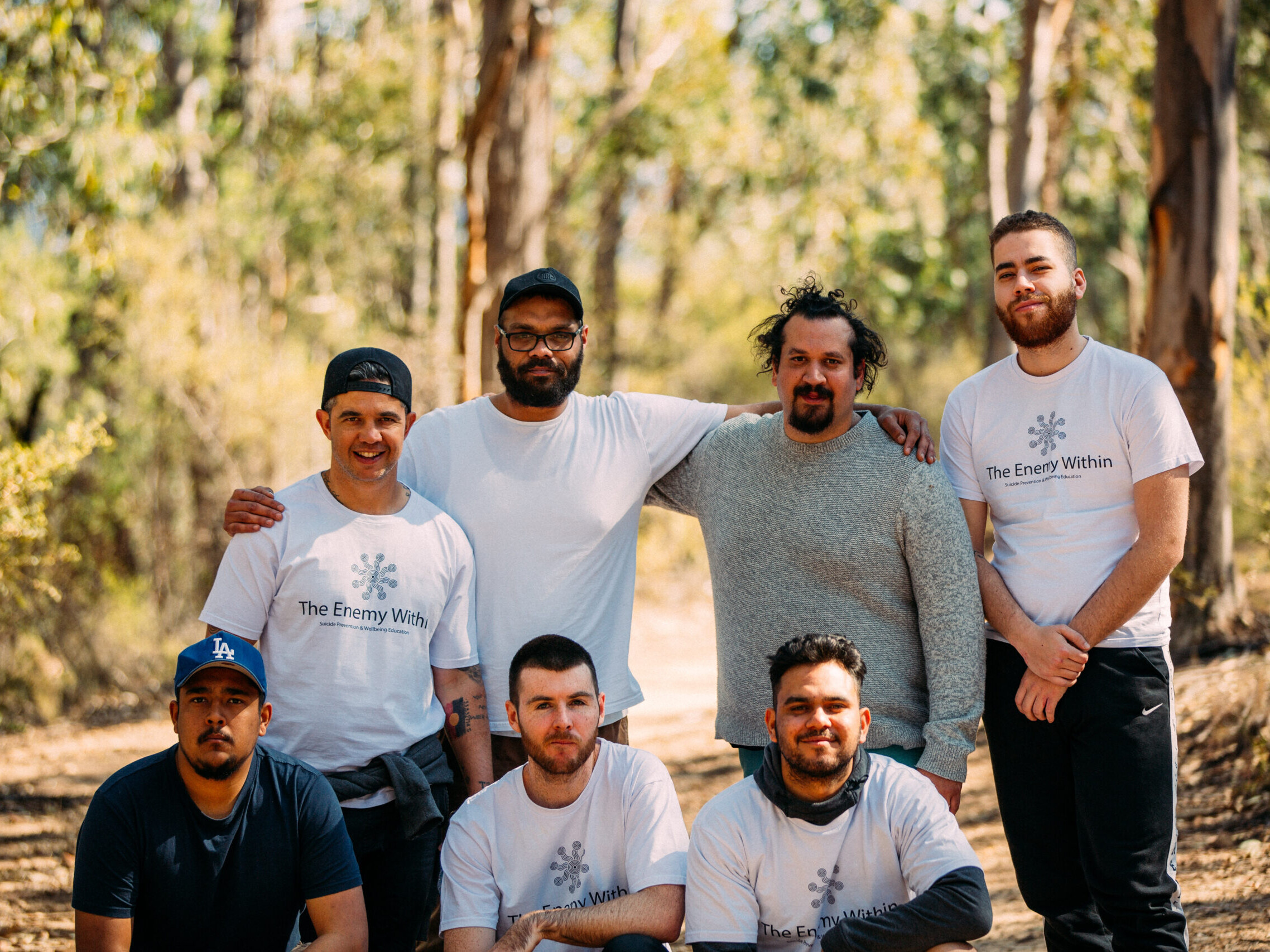Reflecting on our first Cultural Health & Wellbeing Camp
By Sam George, Creating Futures Justice Program Caseworker
Four young men from our Creating Futures Justice Program recently travelled to Wollombi, New South Wales to attend our first Walu-Win Gundyari Cultural Health & Wellbeing Camp — curated and delivered together with Weave, The Enemy Within and the Wakagetti Indigenous Corporation.
The camp itself evolved from calls within the community to develop pathways to support young, Indigenous men who were tied up in the criminal justice system. This began with our Creating Futures Justice Program in 2016, which was formulated after Weave was routinely approached by young Aboriginal men and women who had just been released from custody and had nowhere else to go — often still in their prison greens.
Creating Futures was established to address the gap in services that these young men and women were experiencing and as a means to address the overrepresentation of Indigenous people amongst New South Wales prison population.
It was clear by listening to the community that any program that sought to address this problem must acknowledge a link between dislocation from culture and behavioural outcomes, and recognise a need for healing for these young men and women by way of reconnection to traditional Aboriginal culture. With this in mind, Weave sourced funding for our first Cultural Health & Wellbeing Camp held in August, 2018.
The four men we took on camp came from different backgrounds, different life experiences and different individual struggles. They all shared a familiarity with the criminal justice system. Over the course of three days the group travelled to various sacred sites, got up at the crack of dawn to exercise each morning, conducted wellbeing workshops together and came together with elders from the region to hold a powerful corroboree. The men did everything as a group — they shared dance, song, language and stories, and demonstrated a tremendous amount of respect for each other.
At various stages, Joe sat the group down around the campfire to conduct wellbeing workshops. A proud Wiradjuri man, Joe has astute insight into disconnection from culture and the loss of positive identity amongst young Aboriginal men. Joe travels regularly to communities throughout the country to hold conversations around suicide prevention, addiction and wellbeing. Joe shared powerful wisdom, detailing his own journey and his own personal struggles with addiction, identity and suicide. Joe’s workshops undoubtedly provided a space where the men felt comfortable to share their own experiences and struggles, and have honest conversations about trauma, addiction and depression.
Uncle Waylon and Uncle Paul from the Wakagetti Indigenous Corporation largely curated the cultural content of the camp. Uncle Waylon took the group to various cultural sites, sharing old and new interpretations of their significance with. He spoke of on learning from the stories and the significance of connection to country.
Uncle Paul discussed disconnection from culture, land and spirituality, sharing Aboriginal history and knowledge through stories from Wollombi to Arnhem Land, to the Kimberley and Central Australia. Uncle Paul spoke of responsibility, purpose, the importance of connection to country, and actively encouraged the young men to seek knowledge from their elders upon returning to their communities. This culminated with a corroboree later in the evening in which the young men joined elders from the Wakagetti mob and other community leaders to share language, dance, song and story. The cultural immersion and the inclusivity shared by the elders empowered the young men to share their own stories and dance. The corroboree was powerful to witness.
The camp had an immediate effect on the group. On the first evening there was a noticeable difference in each of the fellas demeanour. The men weren’t naive to this. All four had incredible insight into their own situations, identities and surroundings. At various stages throughout the camp a common theme from Joe, Uncle Waylon and Uncle Paul was to remind the young men of their responsibilities as custodians for the continuation of Aboriginal culture and knowledge — to remind them that it was their culture to sustain, taking care of country and country taking care of them. This particularly resonated as a message that had rarely, if at all, been conveyed to these young men before. This immersion into culture with community Elders seemed to provide these young men with a fresh sense of purpose and a willingness to take on cultural responsibilities.
On the drive home one of the men uttered to me that he felt he’d learnt more about his culture in the past three days then he had in the last decade. Similar sentiments were echoed from the back of the van and brainstorming had already begun to seek ways to fund another trip back to clean, traditional Aboriginal sites in the region.
After the camp, one of the men dropped in to Weave and booked himself in for alcohol and drug counselling. The next day I received a call from another young man asking for help with casework. I am still hearing from other young men in the community who are remorseful they didn’t attend after speaking with those who did. Seemingly these men are starved of opportunities to learn, reconnect and heal. Such opportunities seem to be absent from their communities and certainly from the curriculum.
So long as the overrepresentation of Indigenous people in Australian prisons continues to climb annually, Weave will continue to seek pathways to bring together young men from our communities together with Elders to provide pathways to reconnect to culture, strengthen identity and take on leadership roles within their own communities.
Read more about the Camp here.

